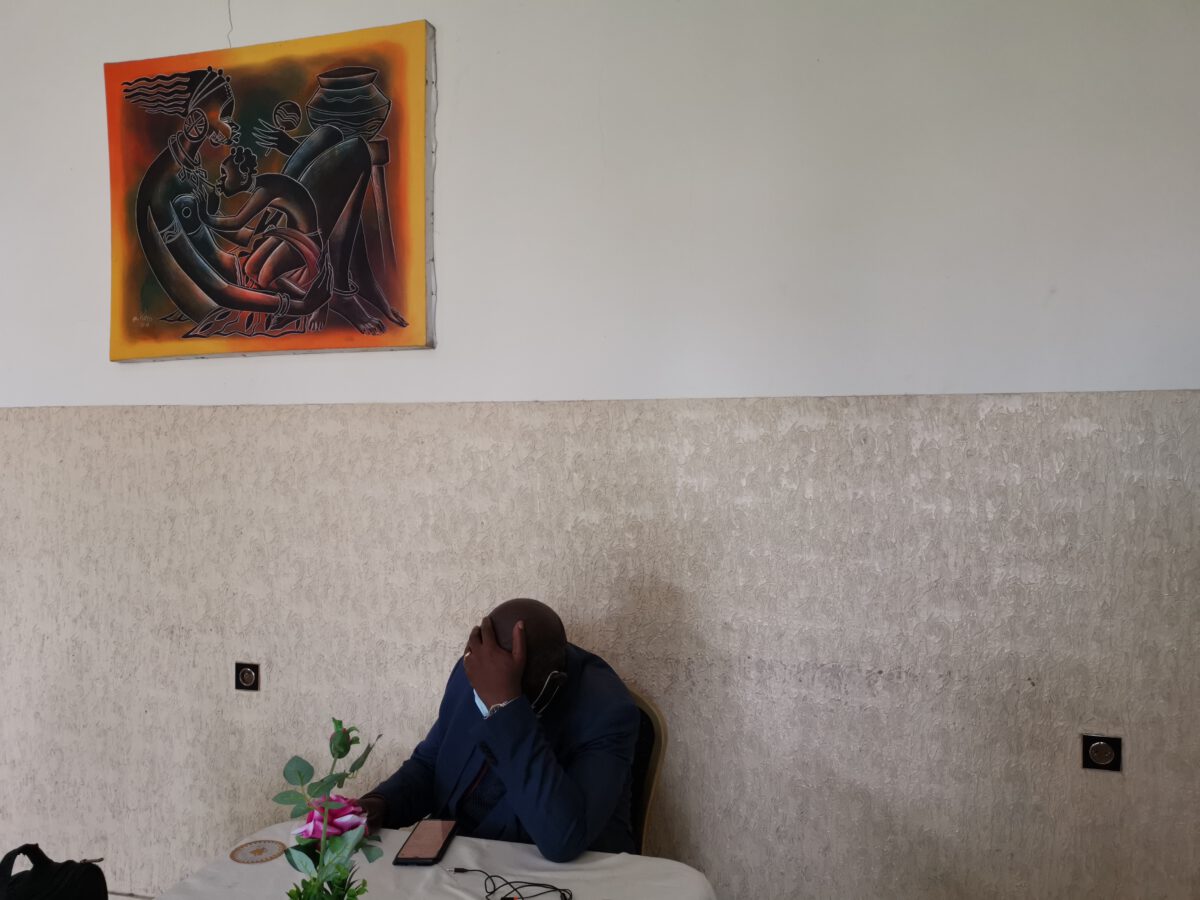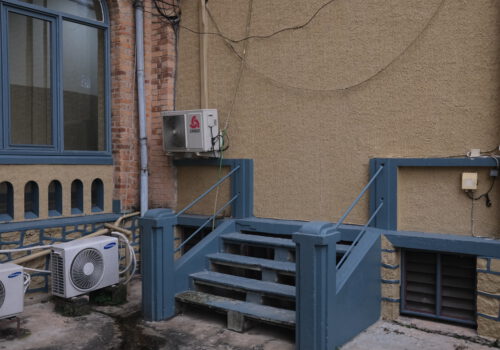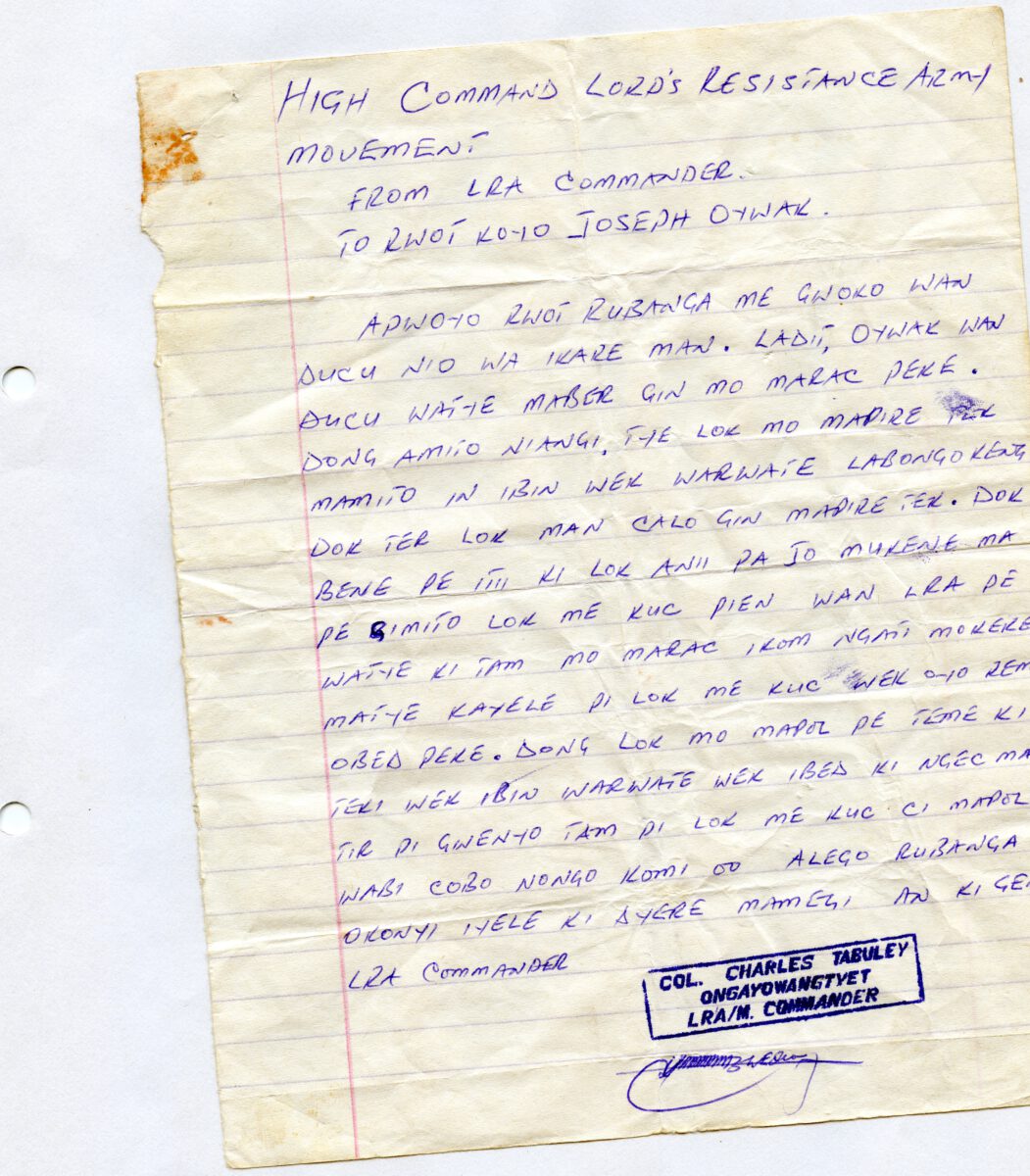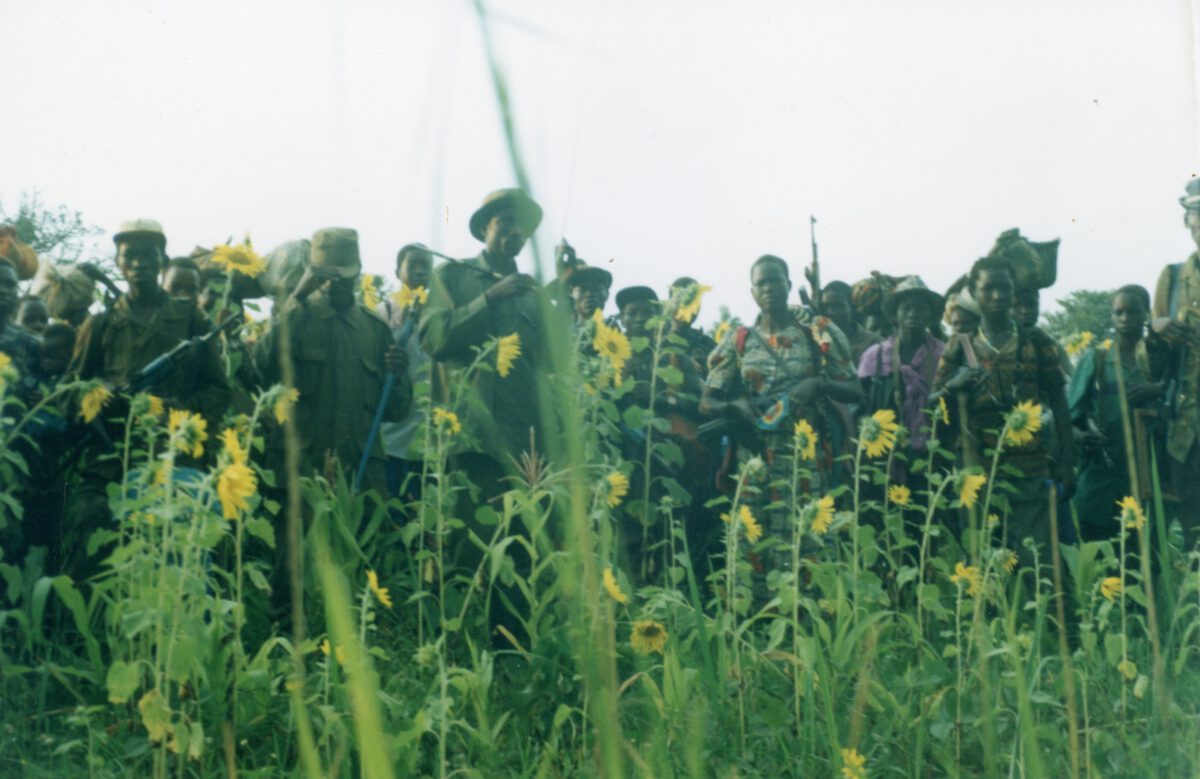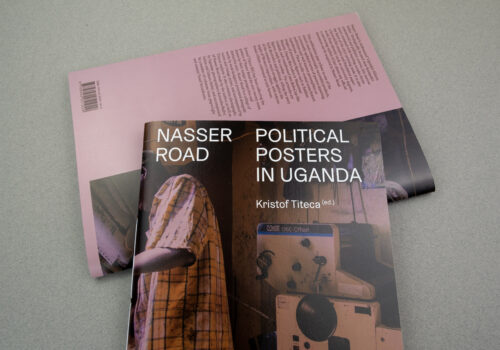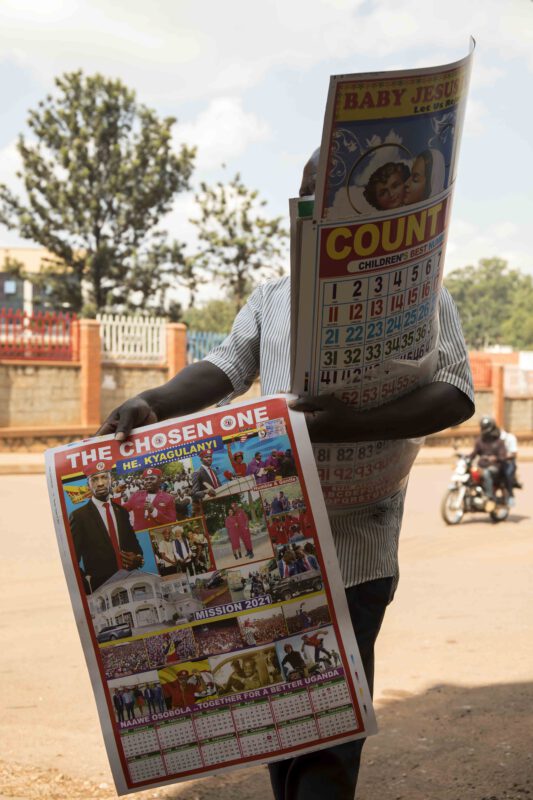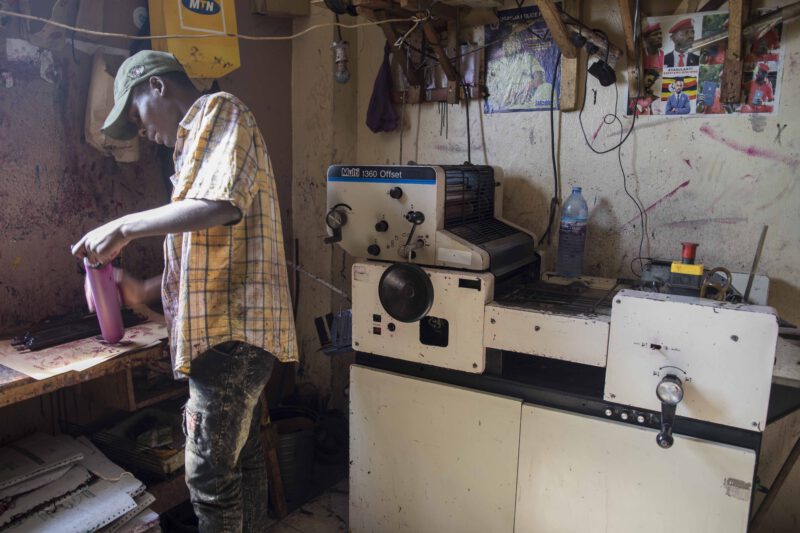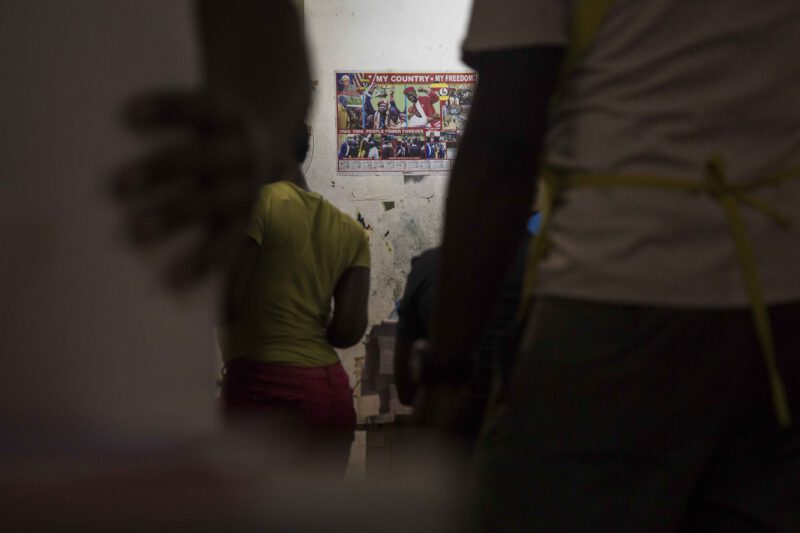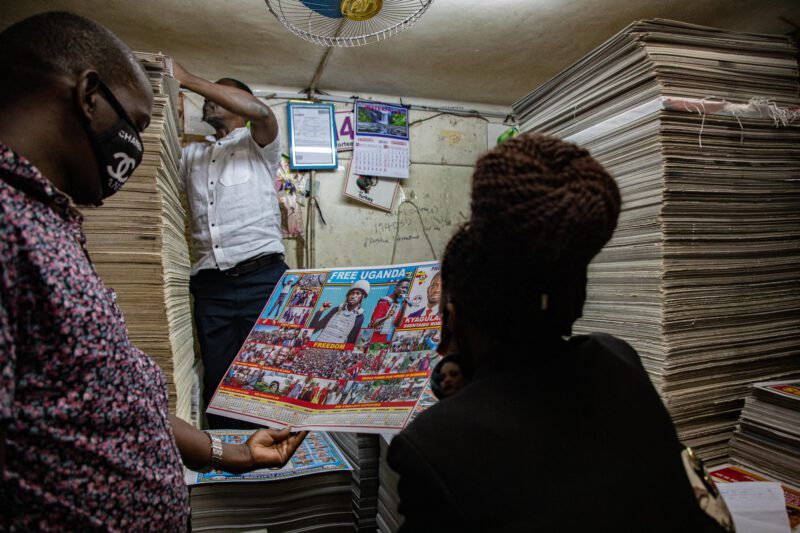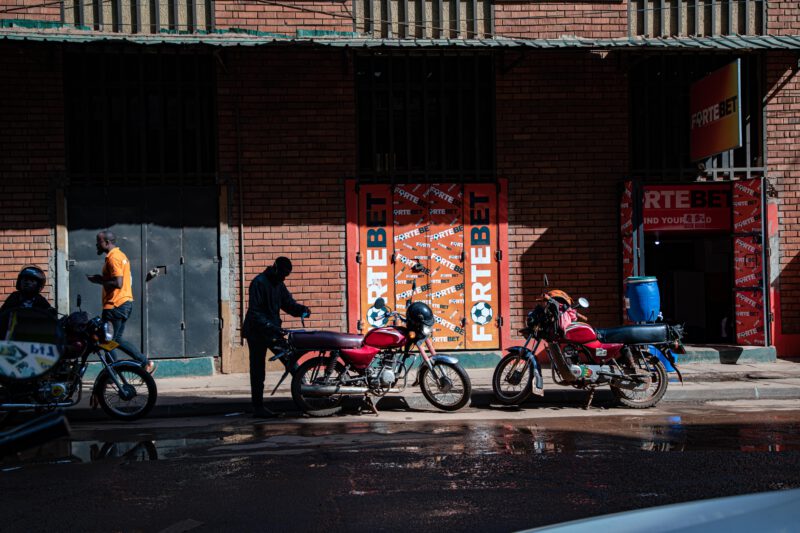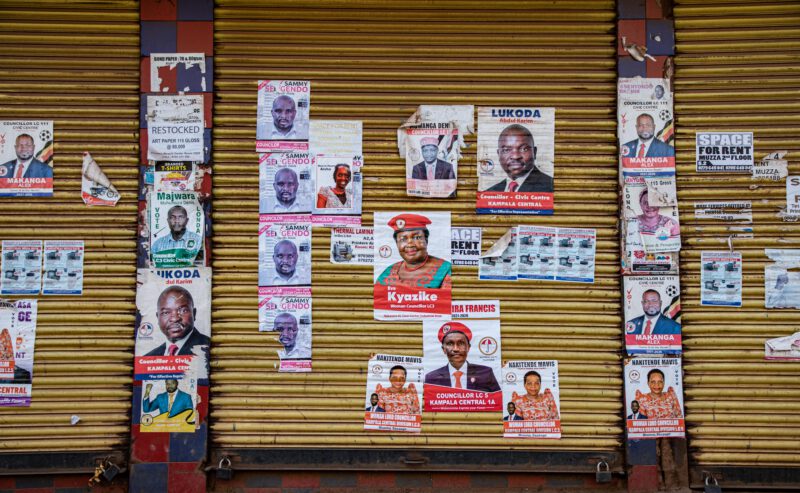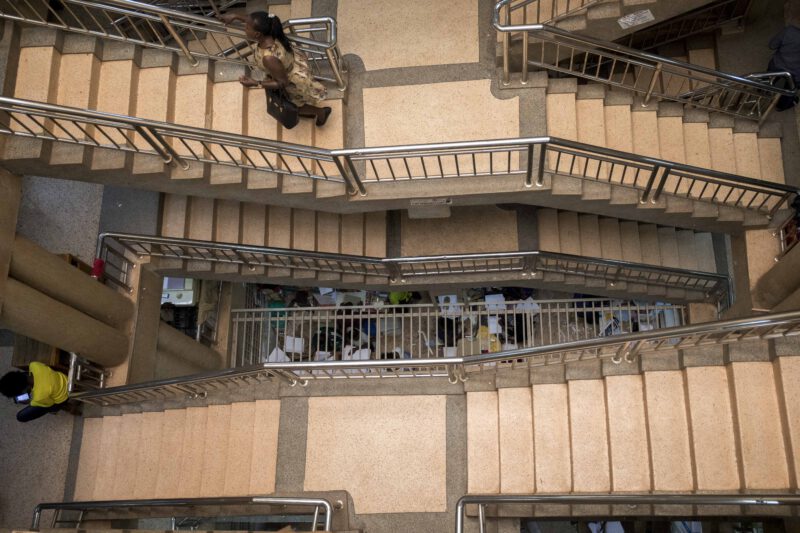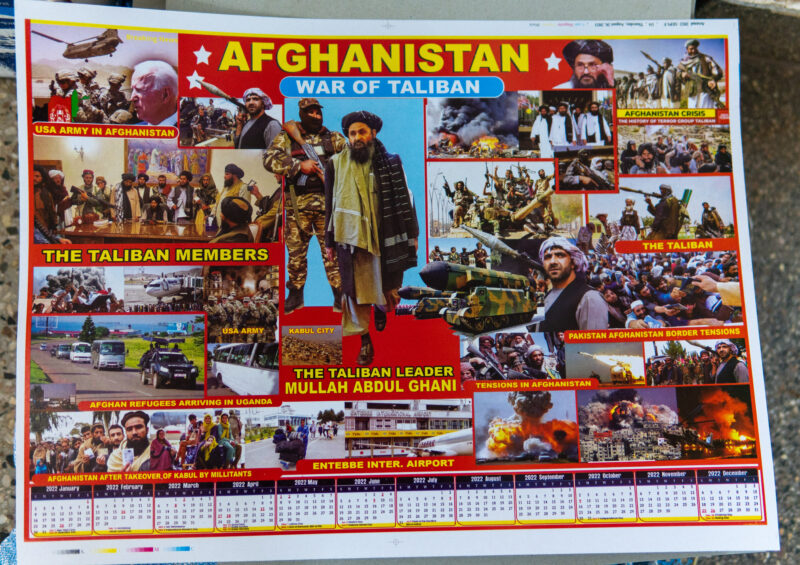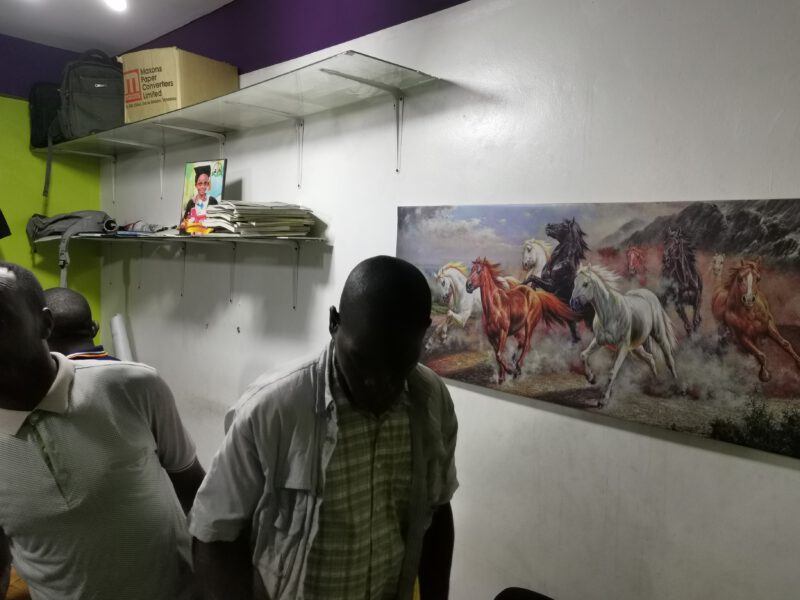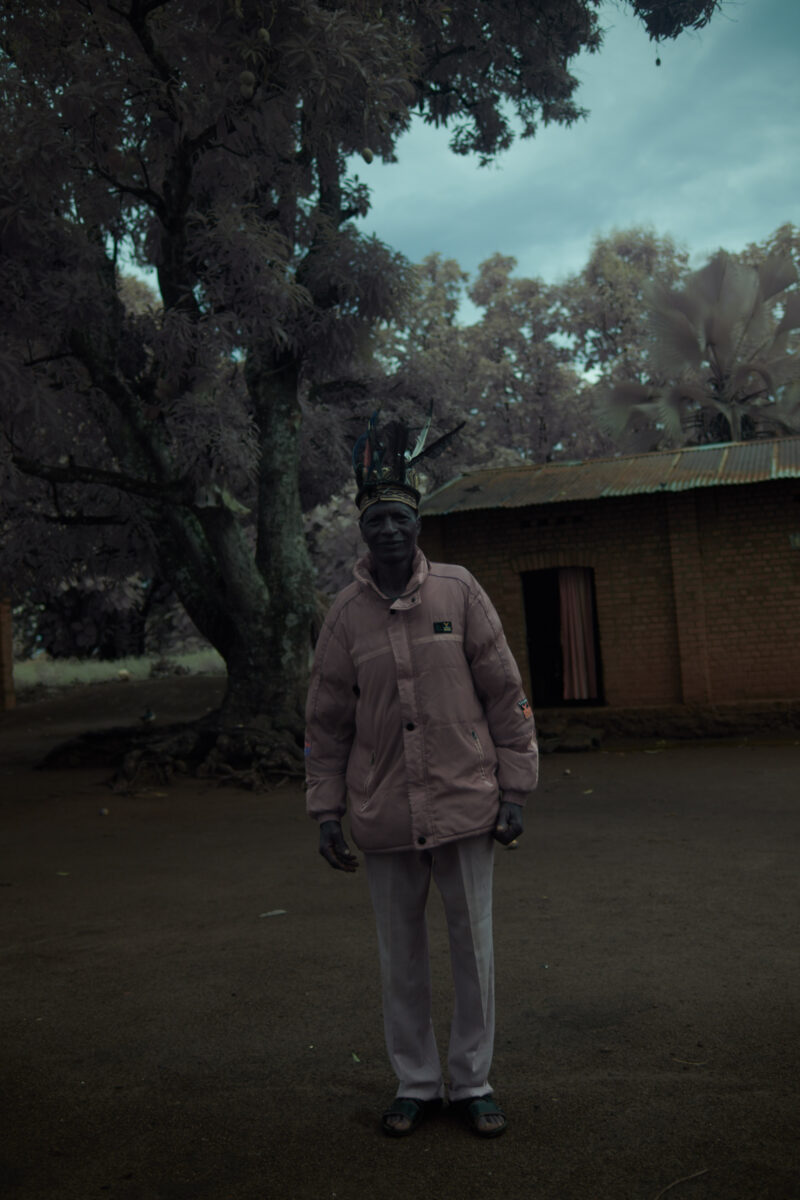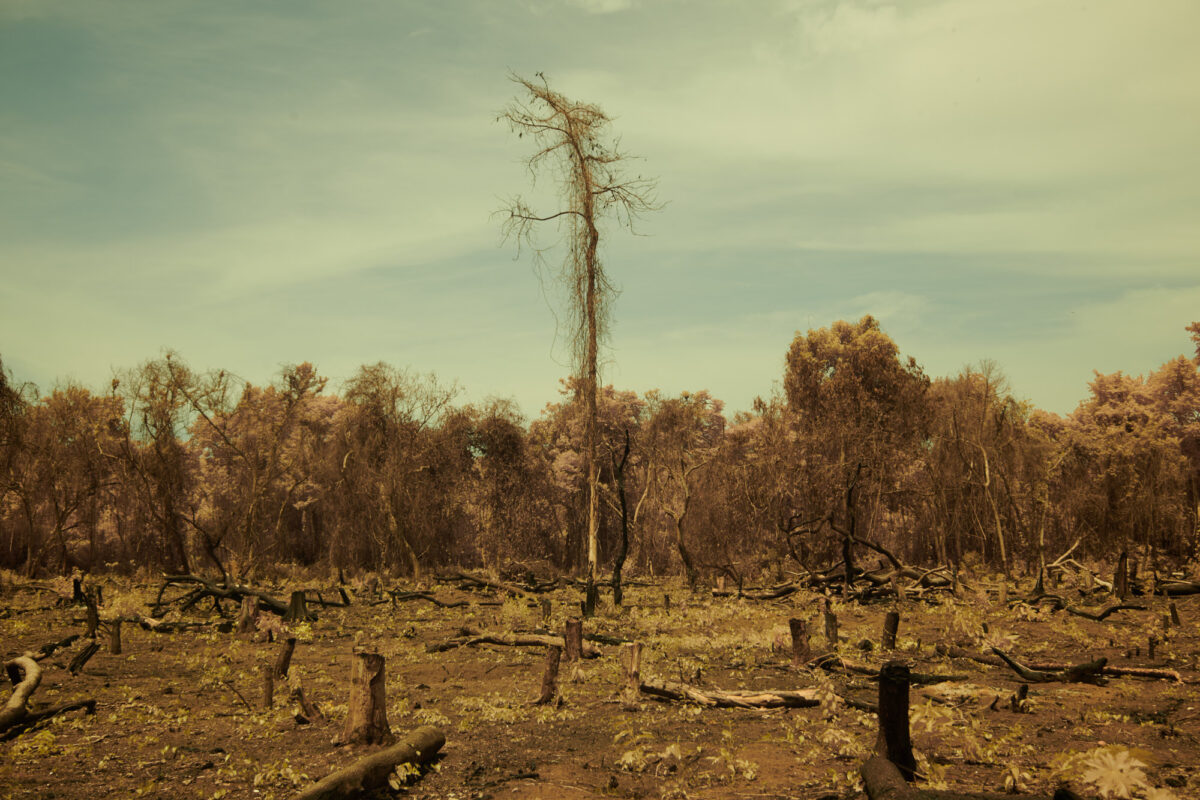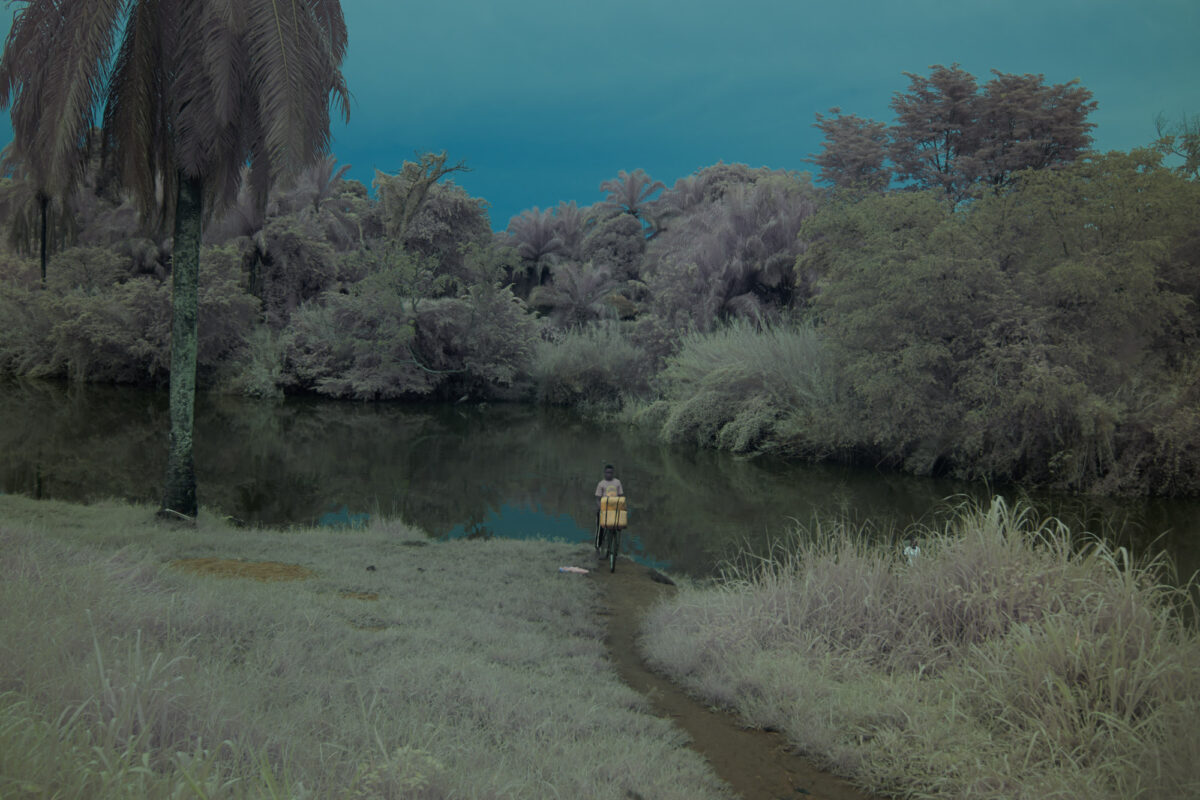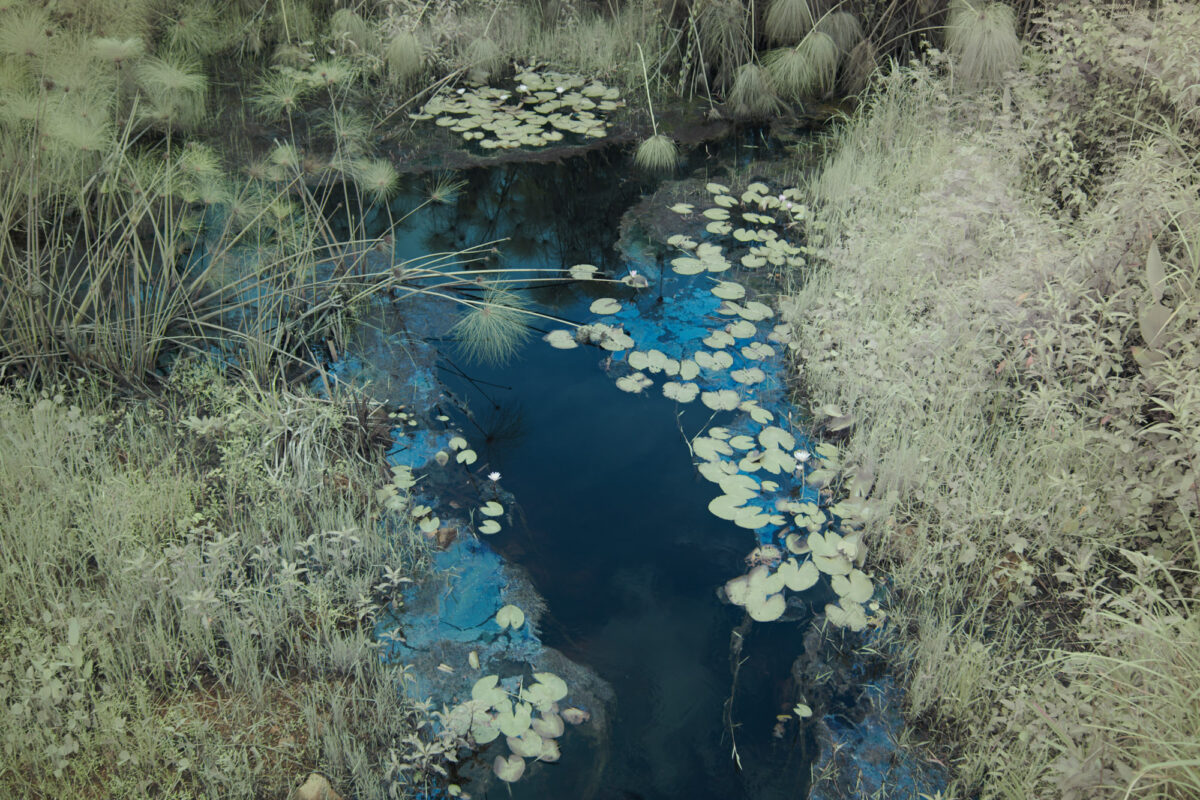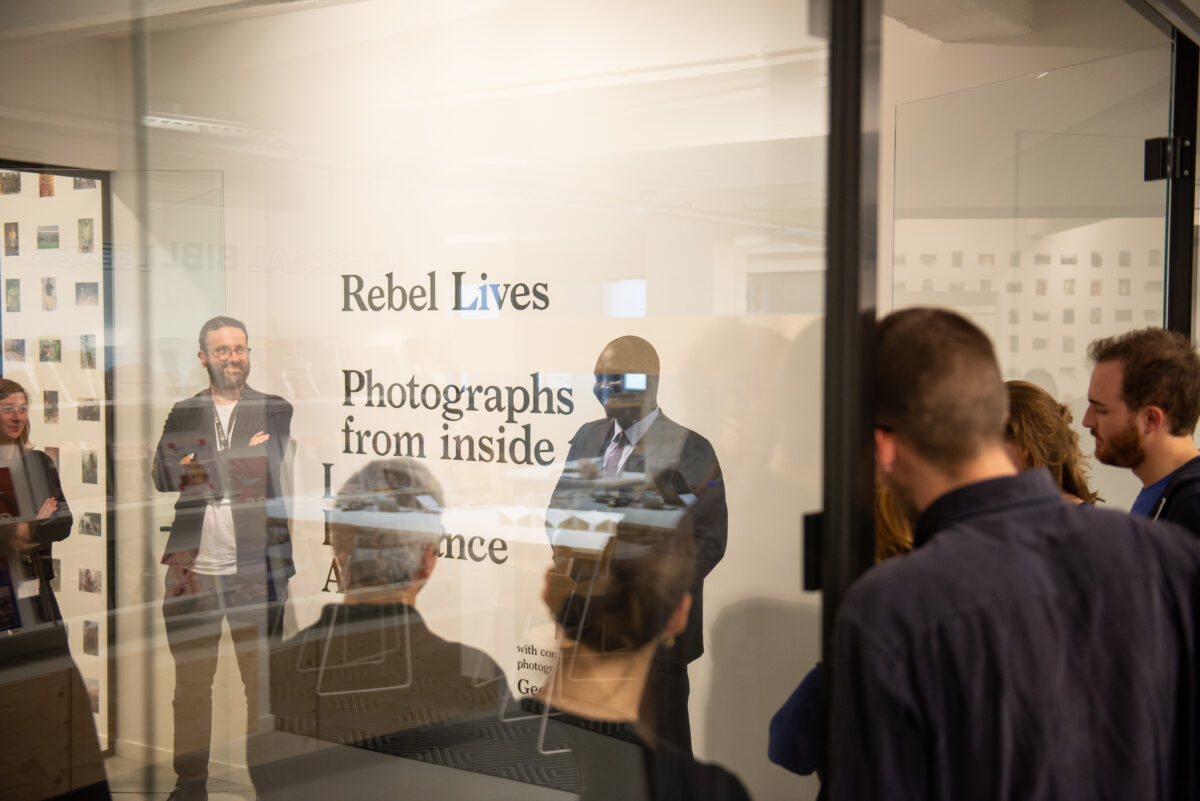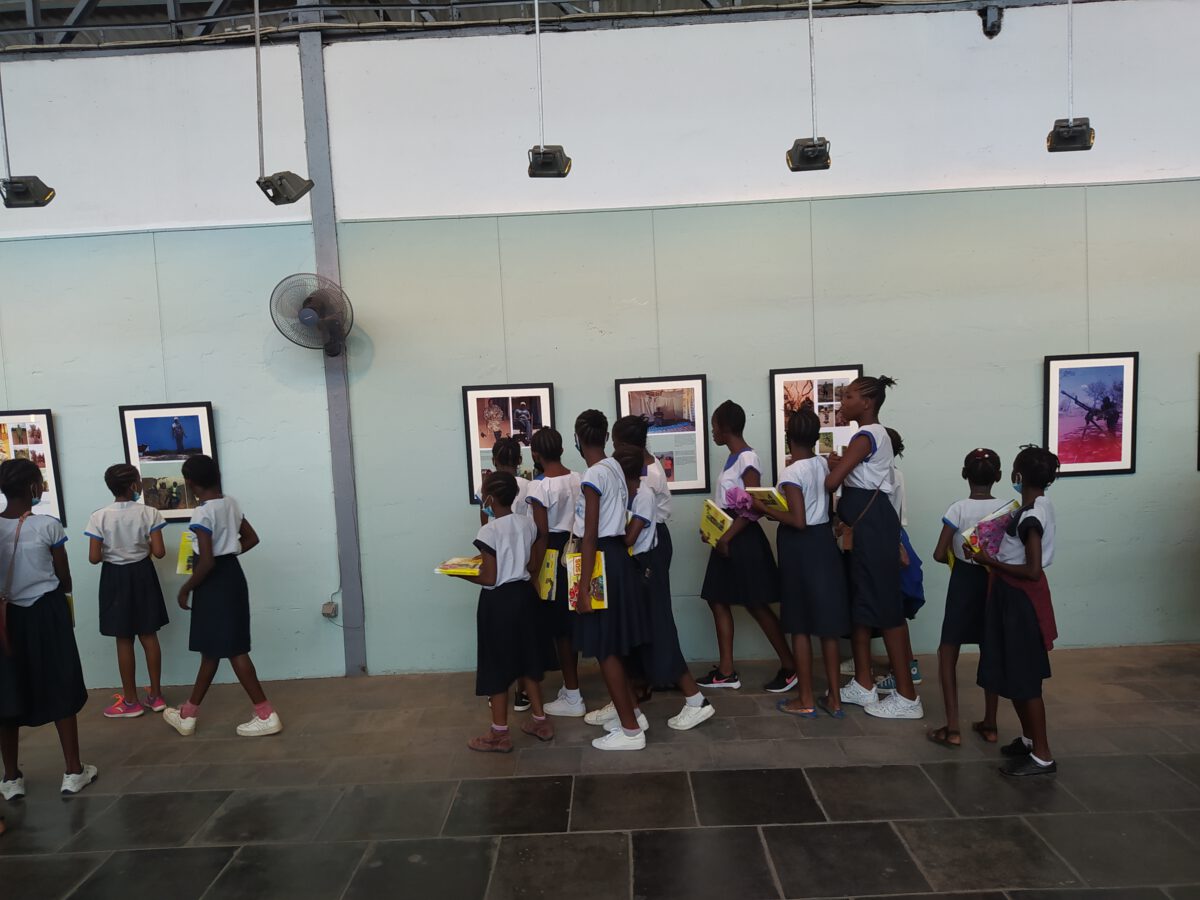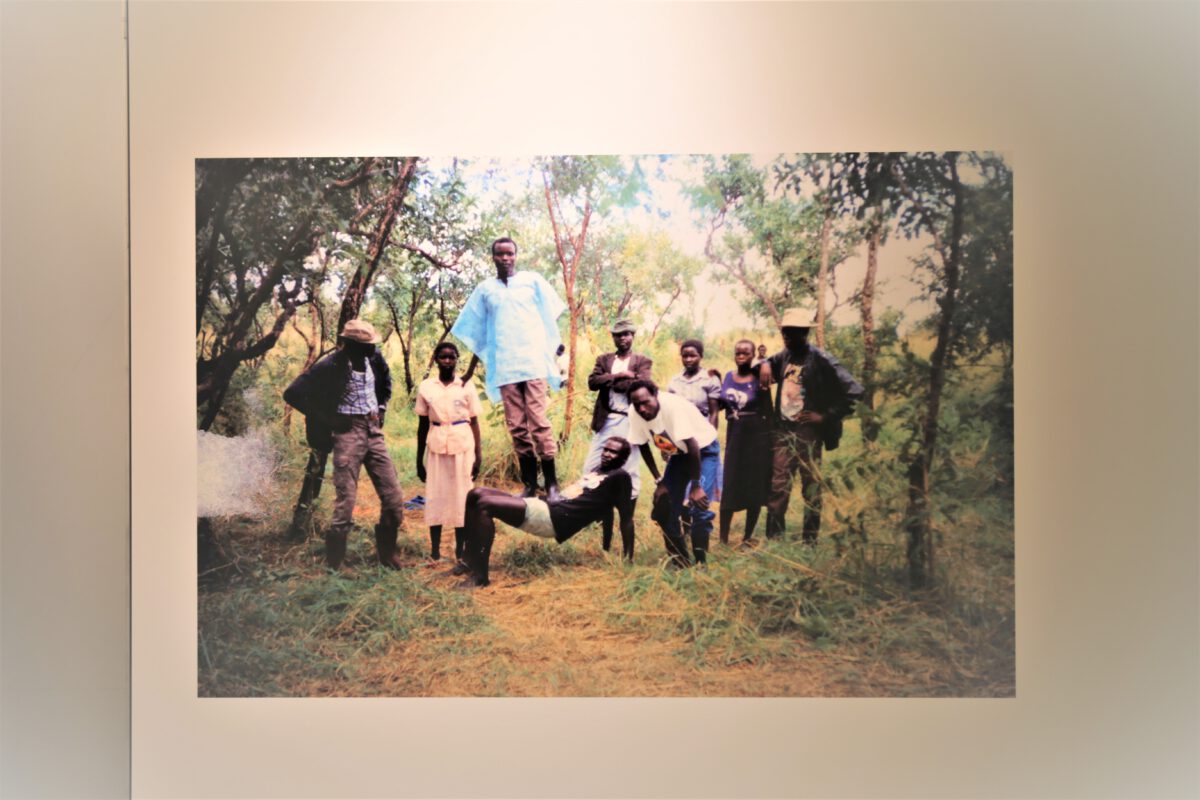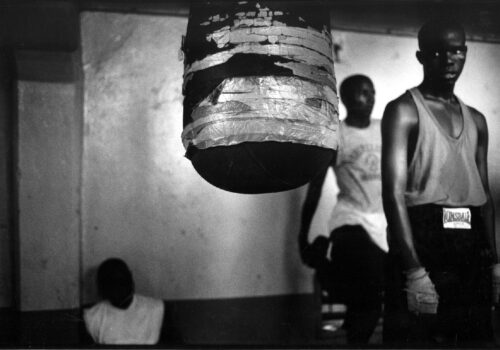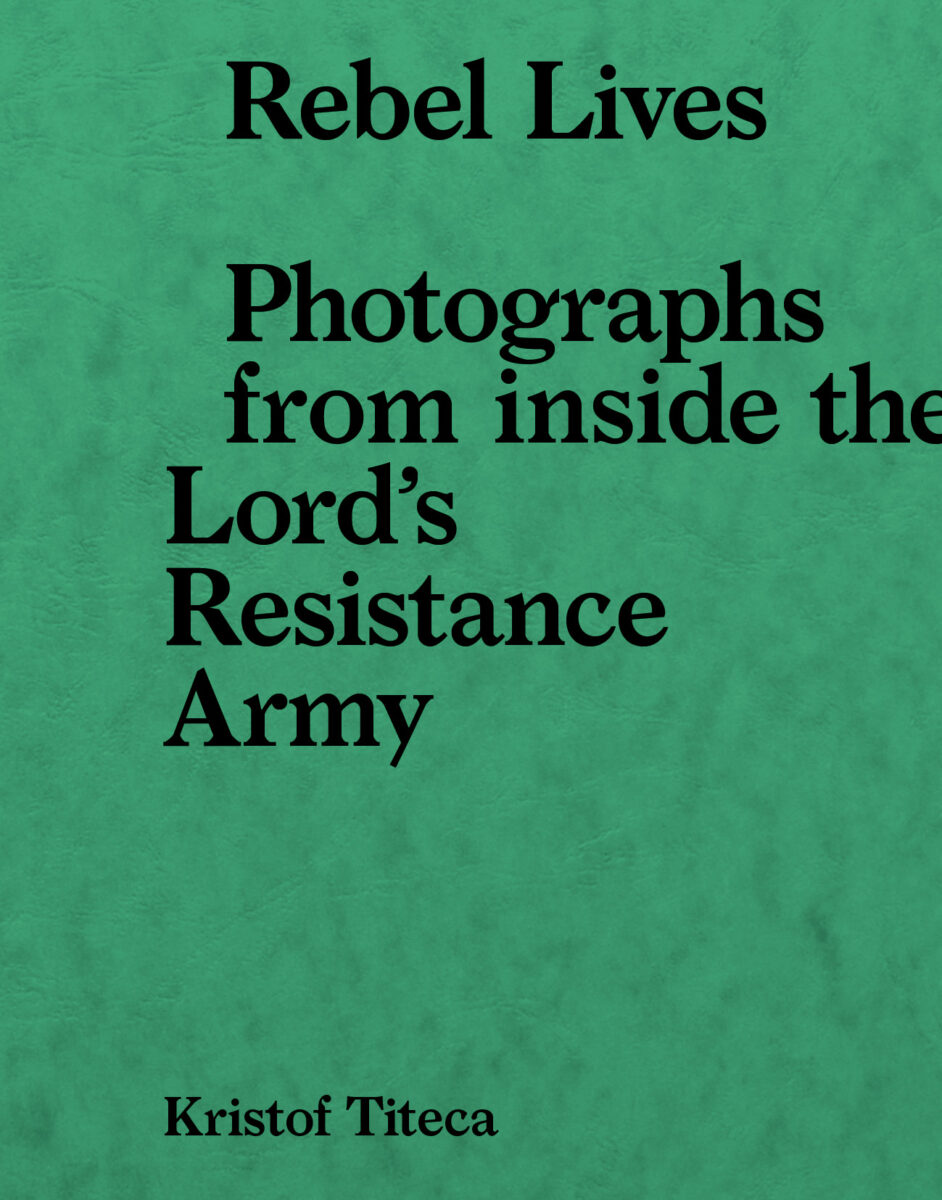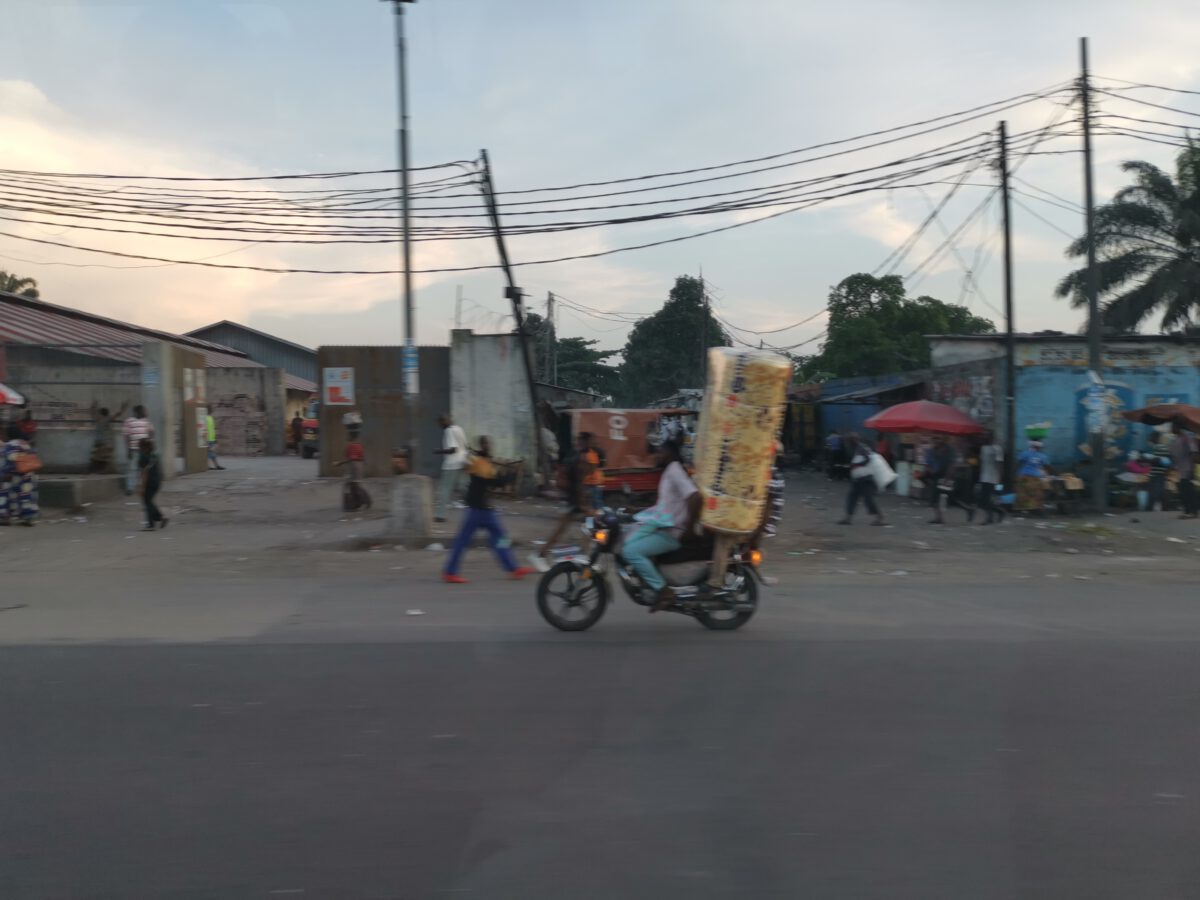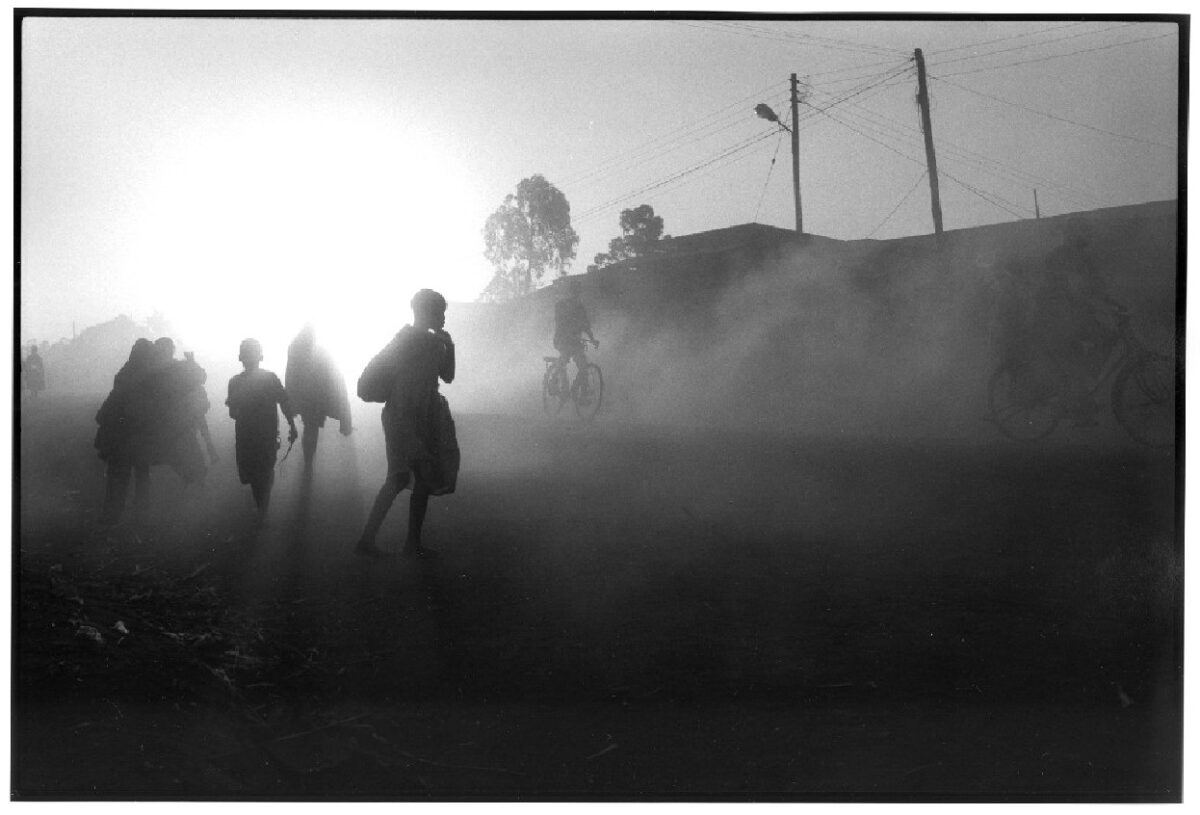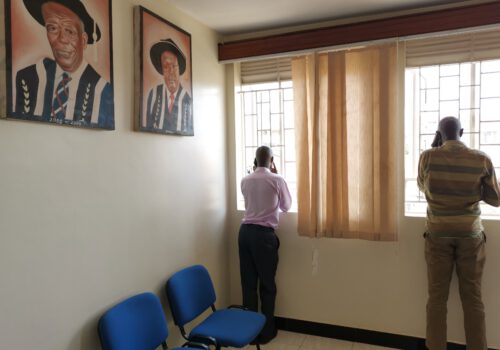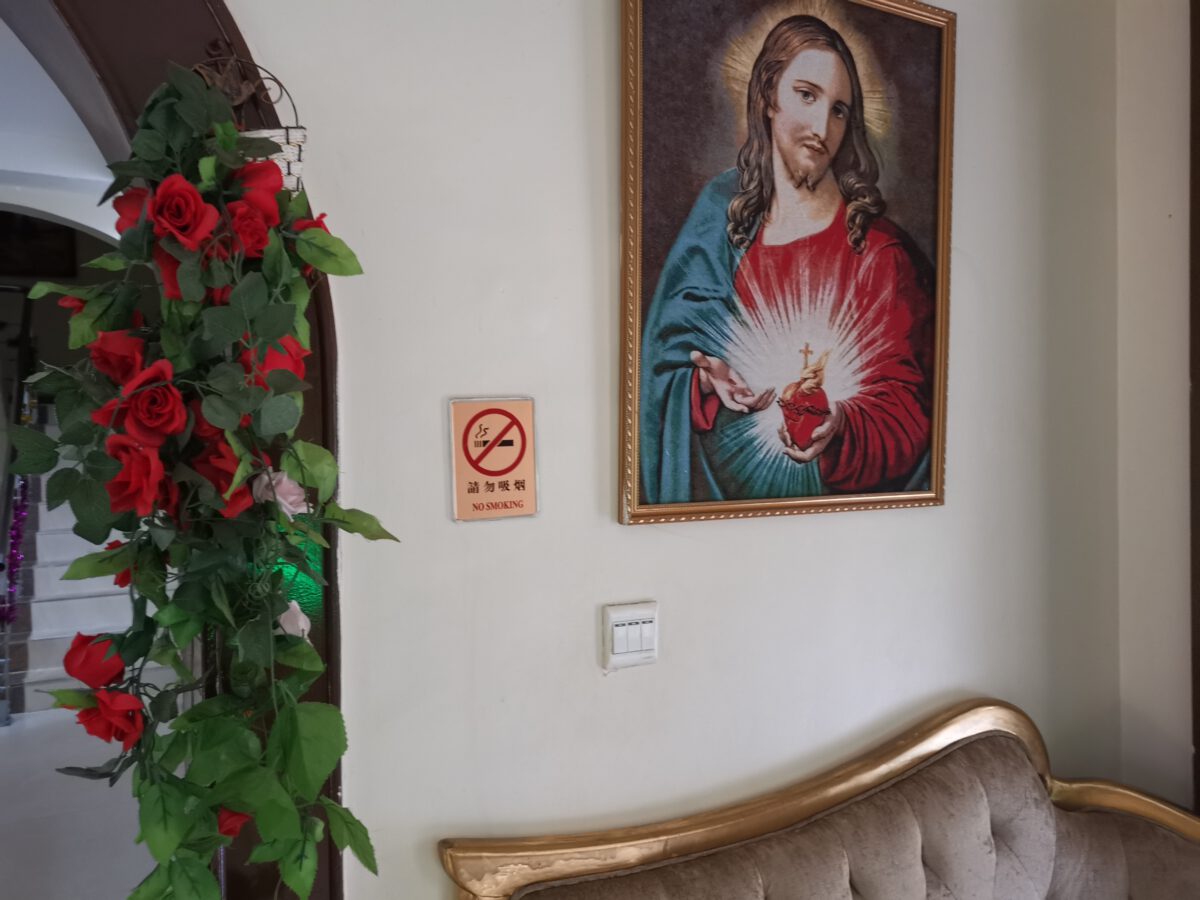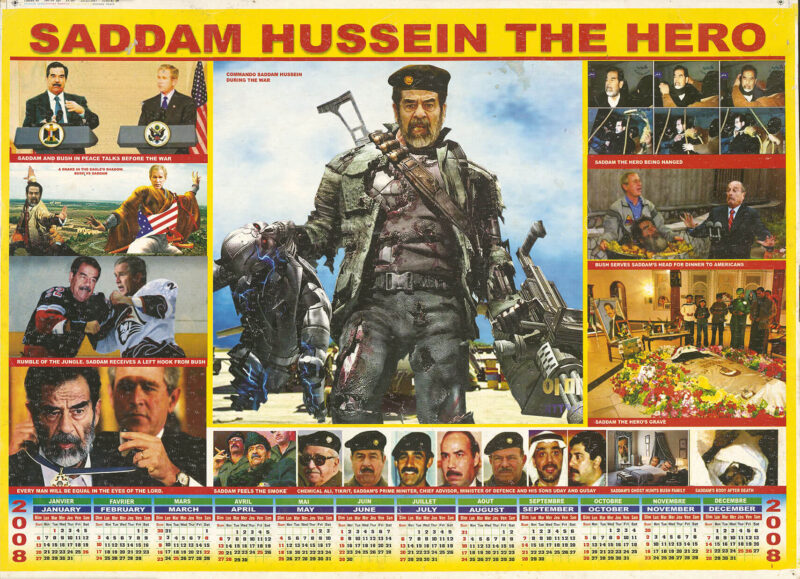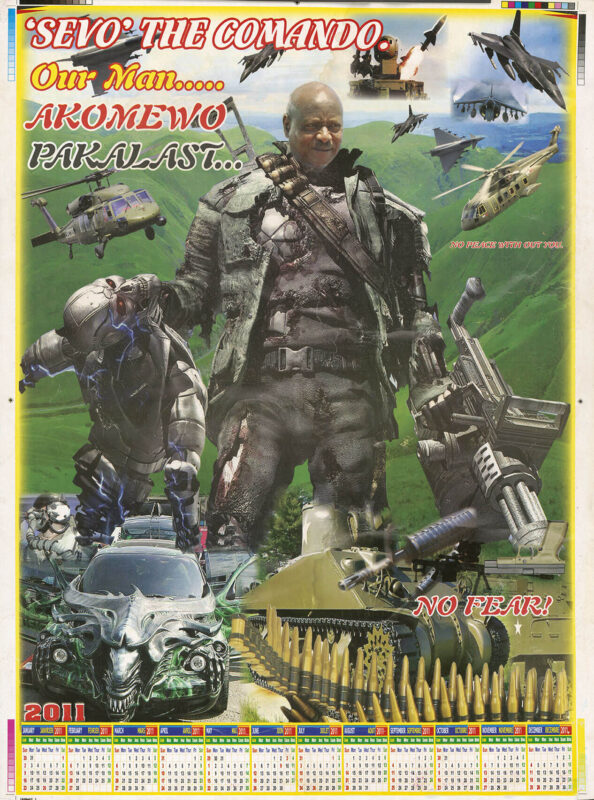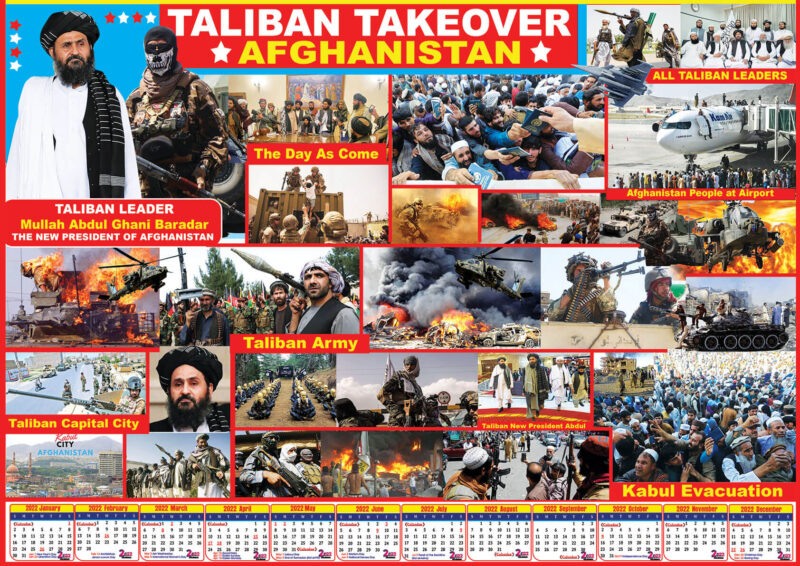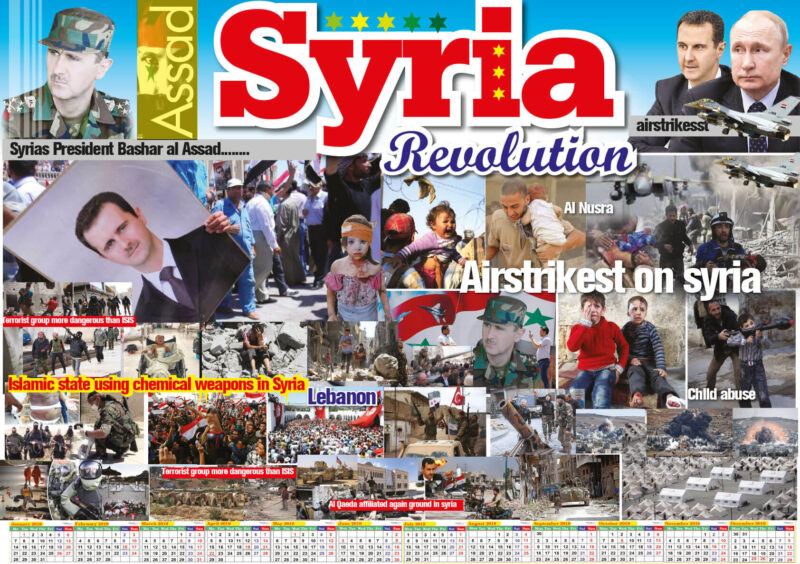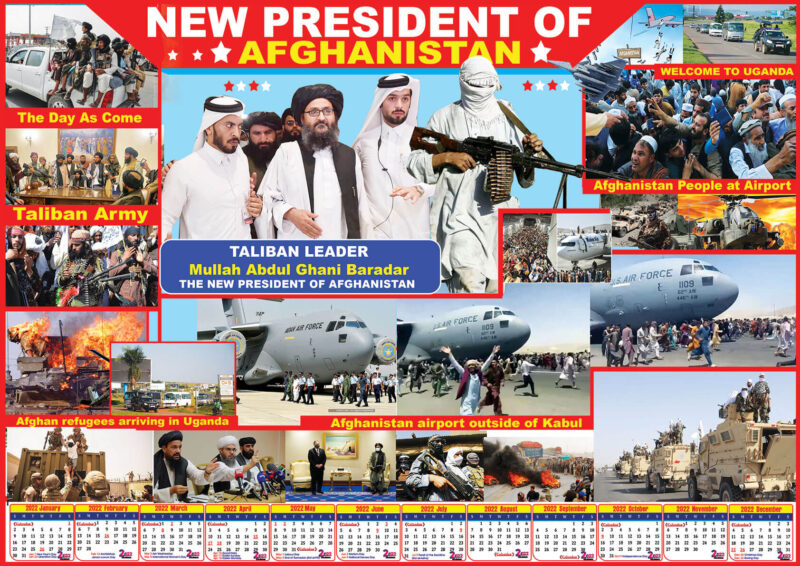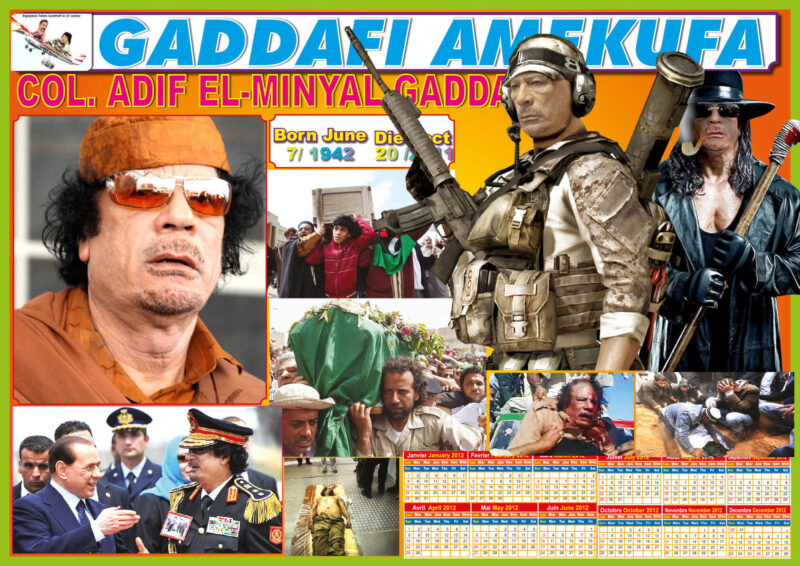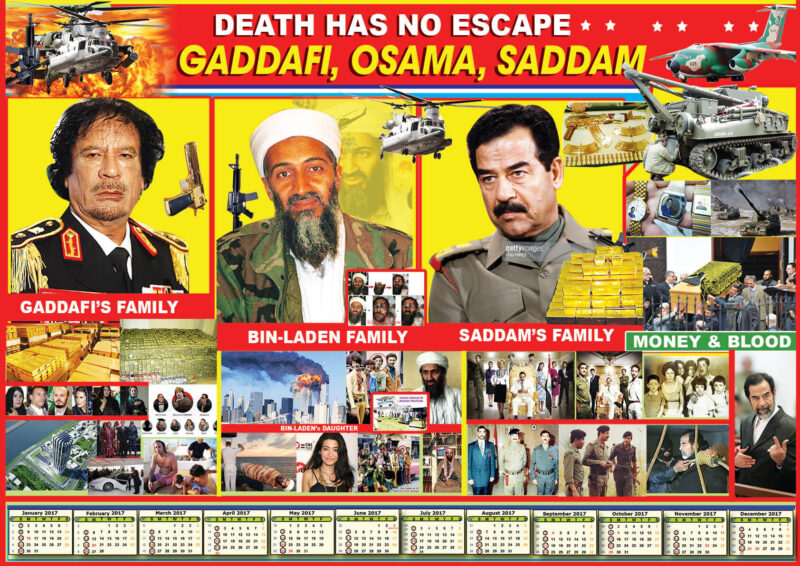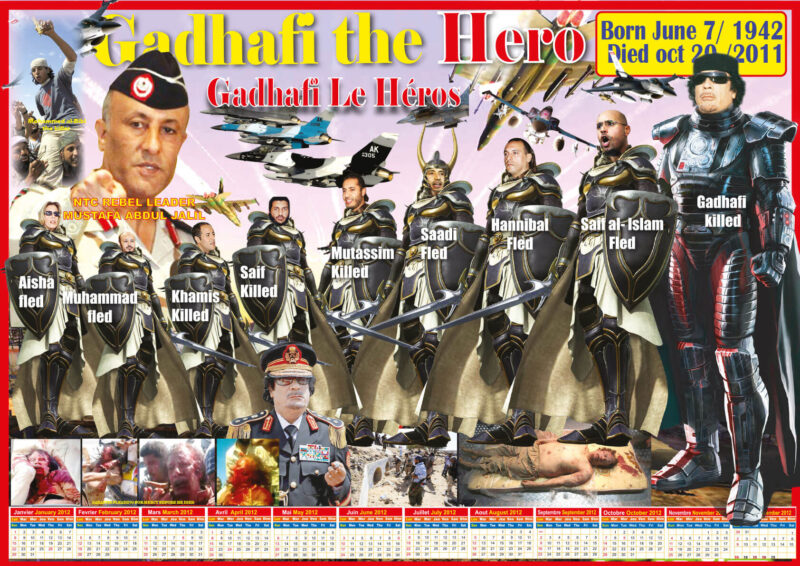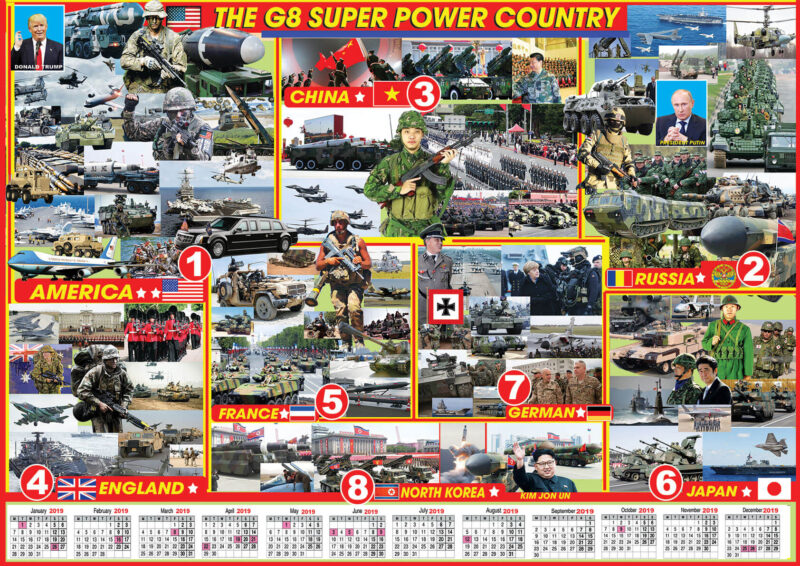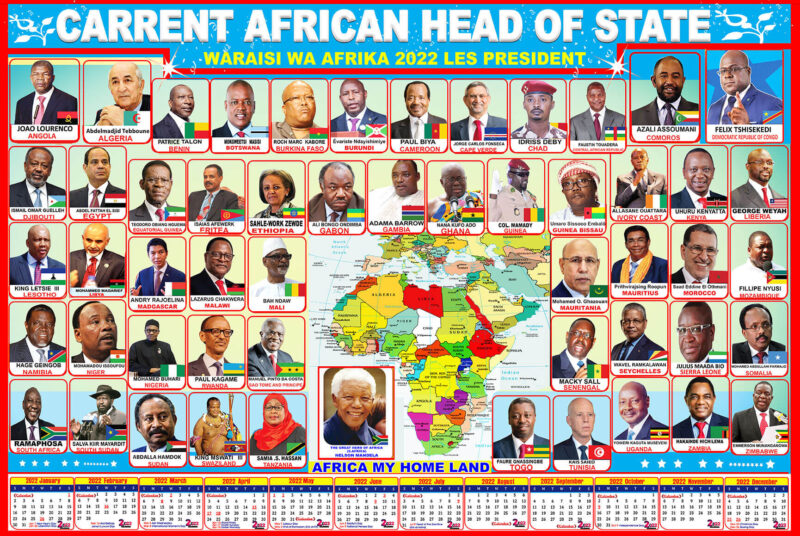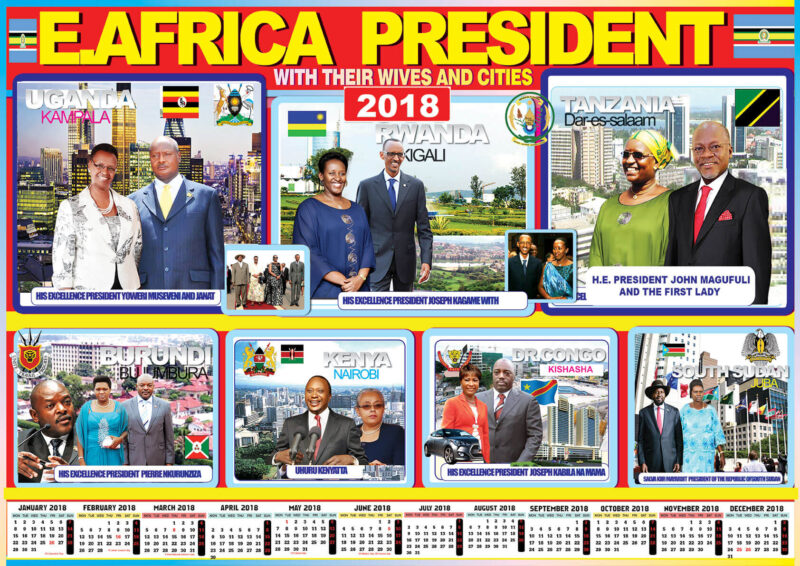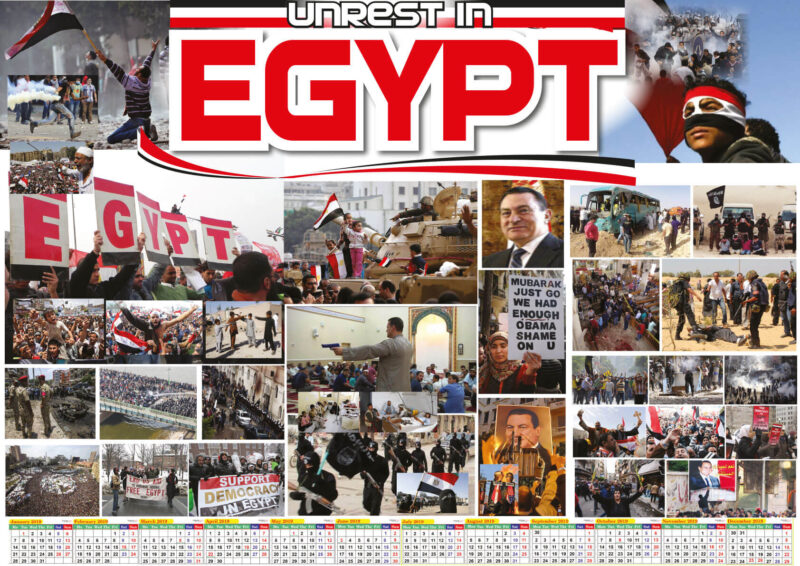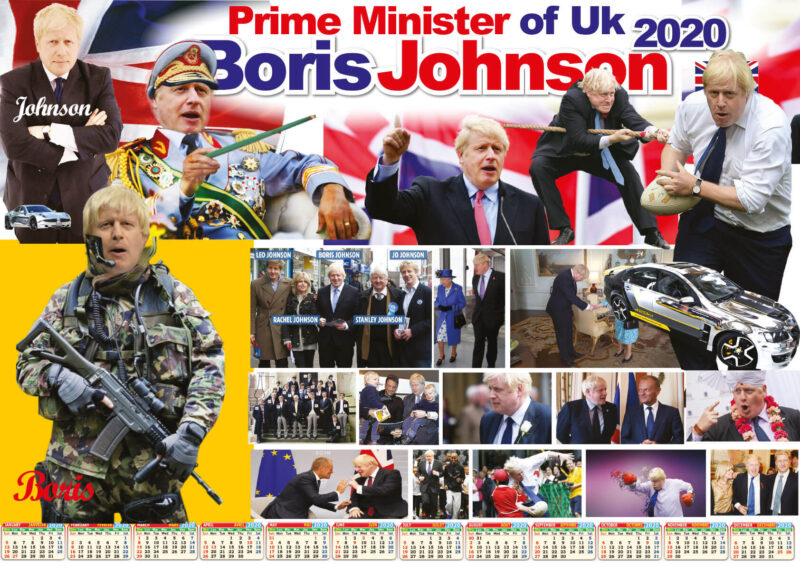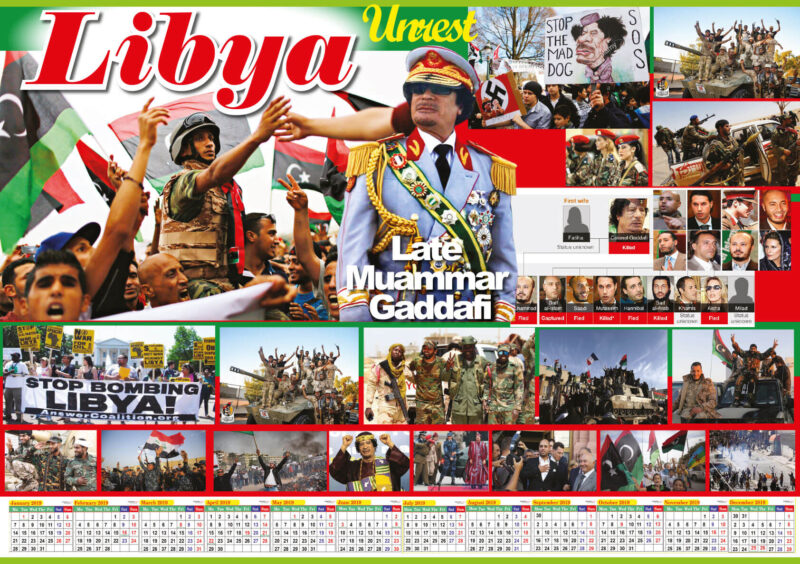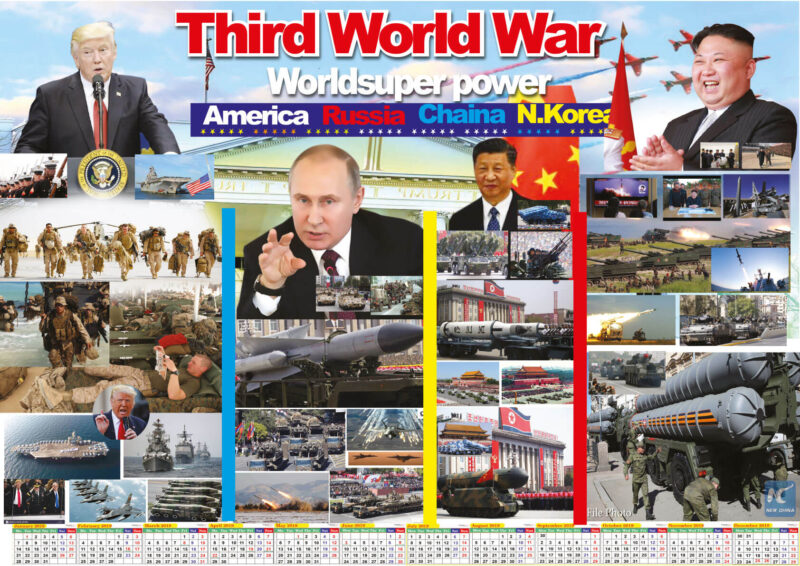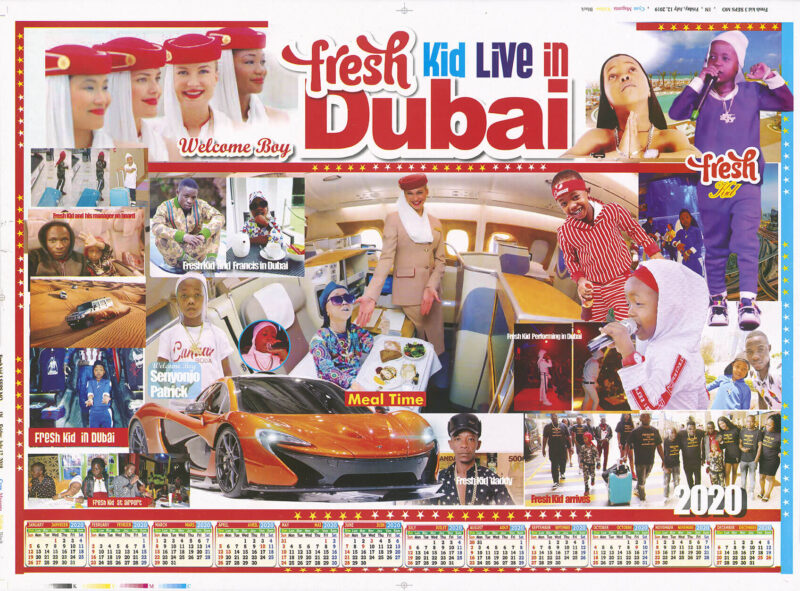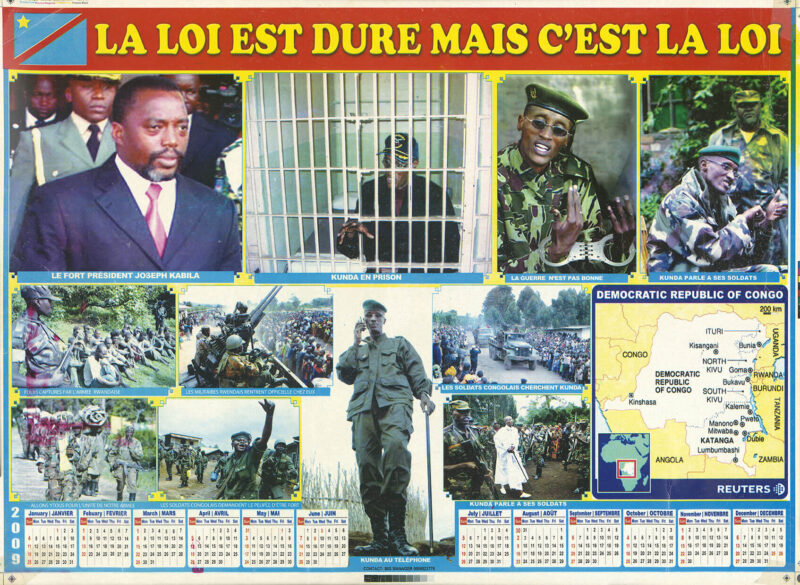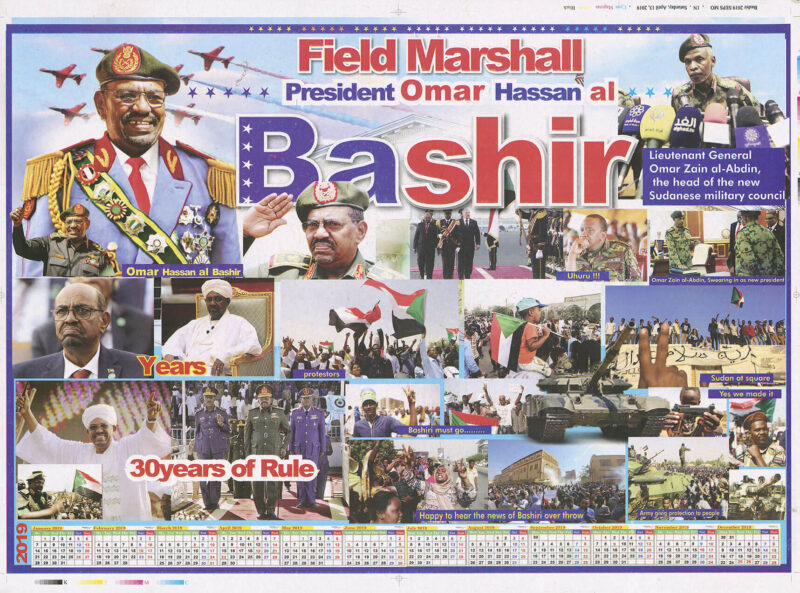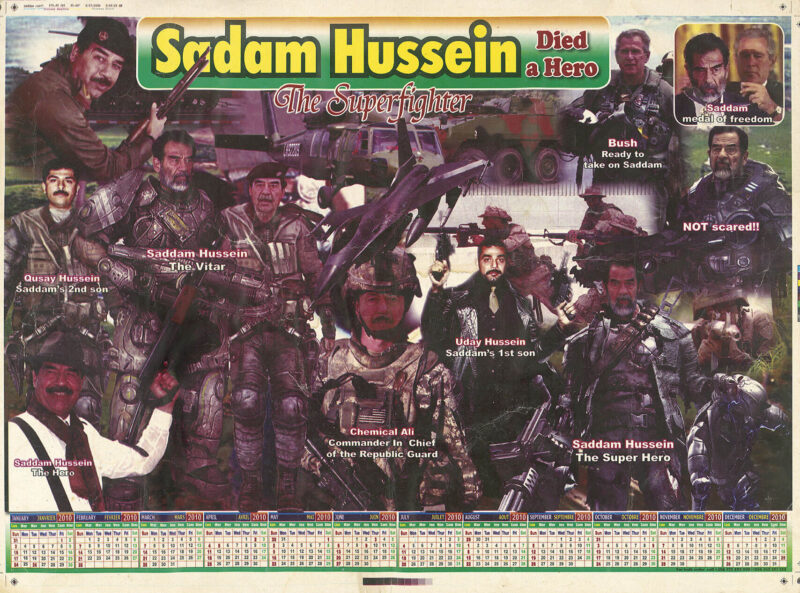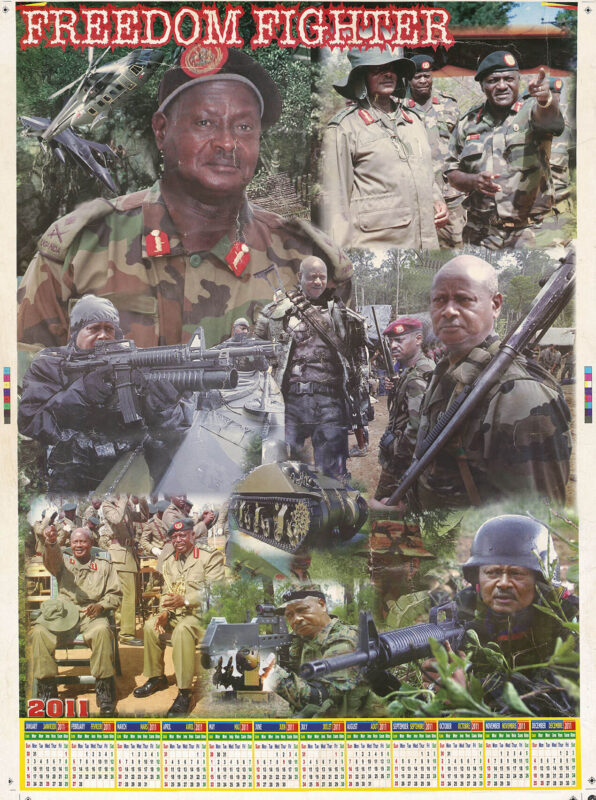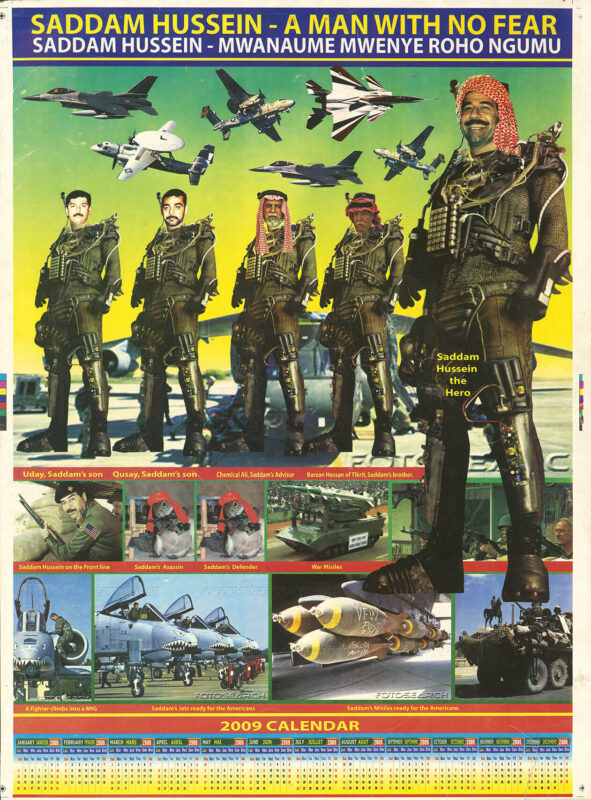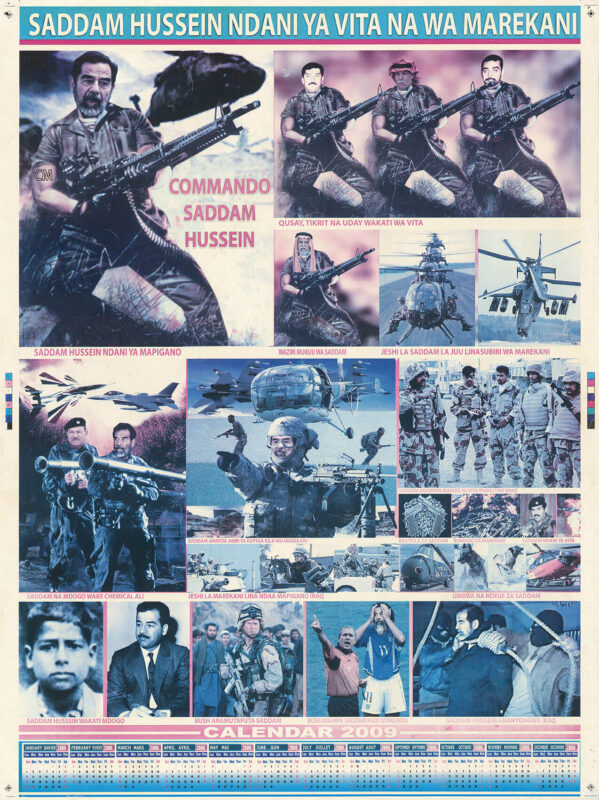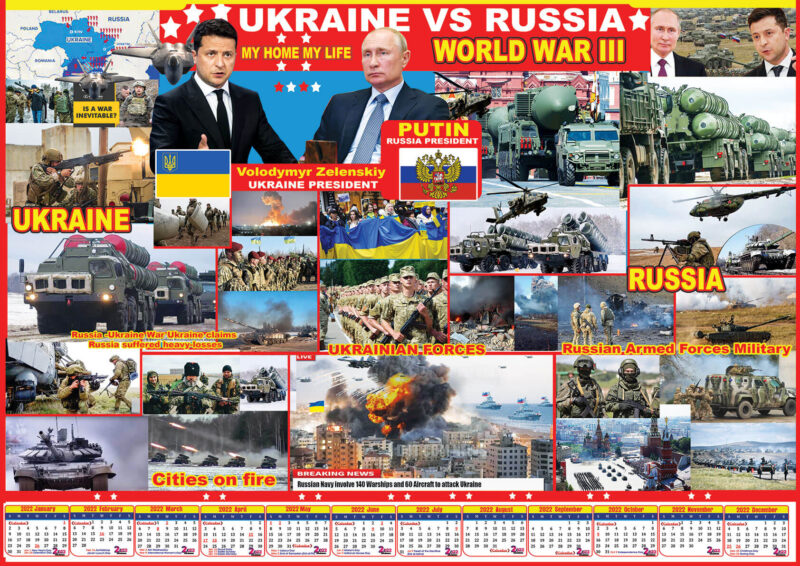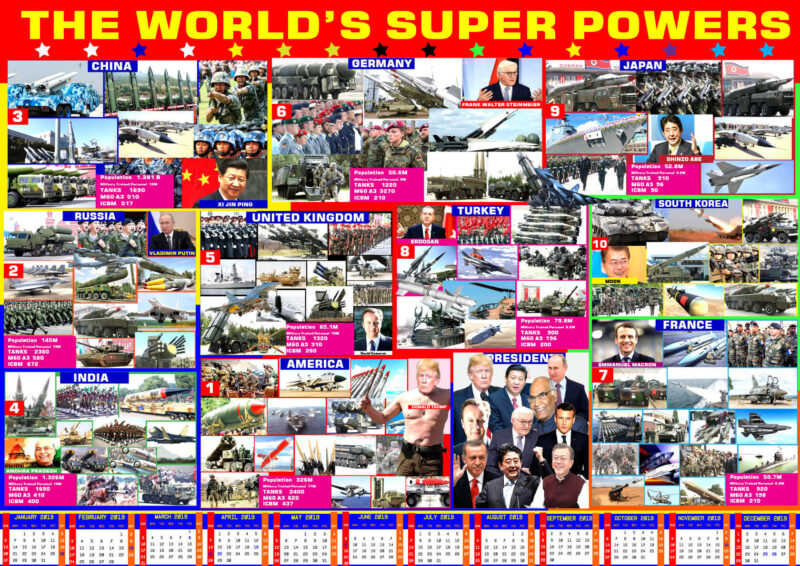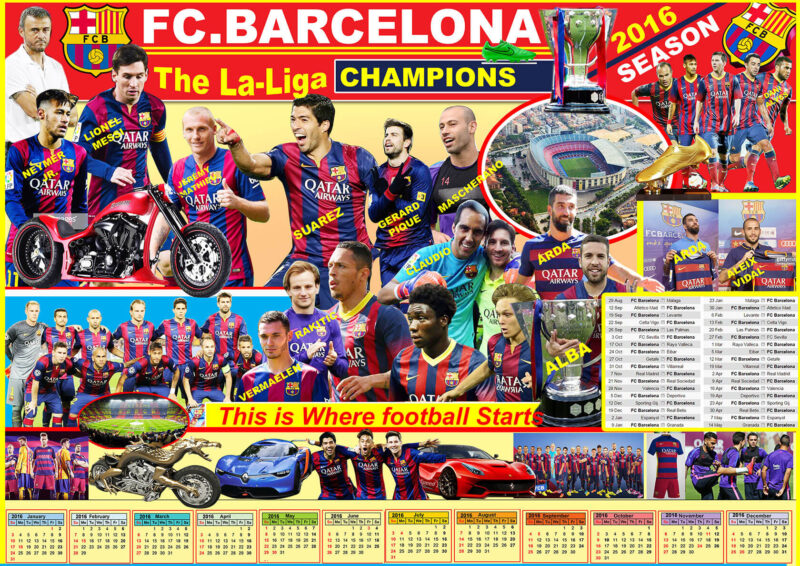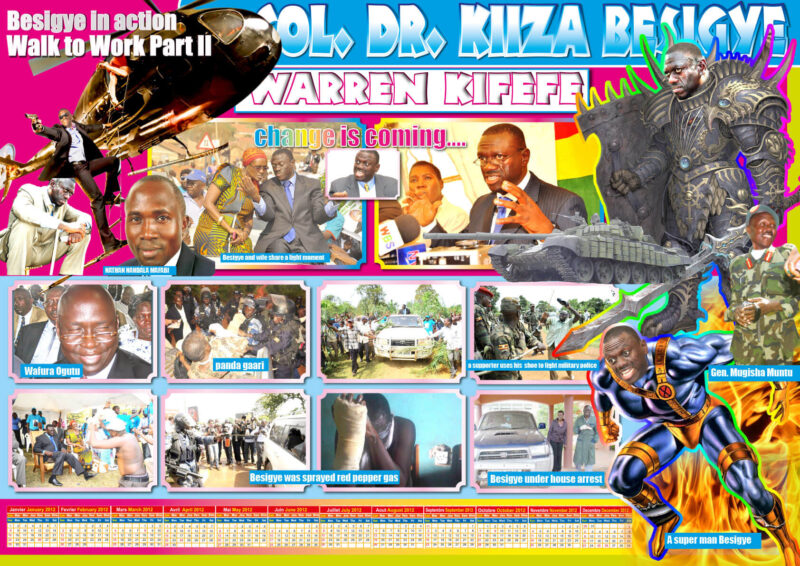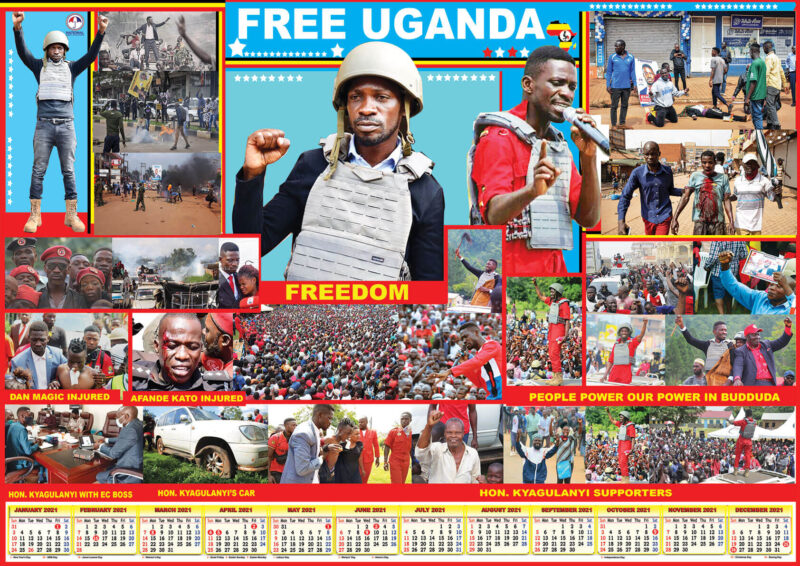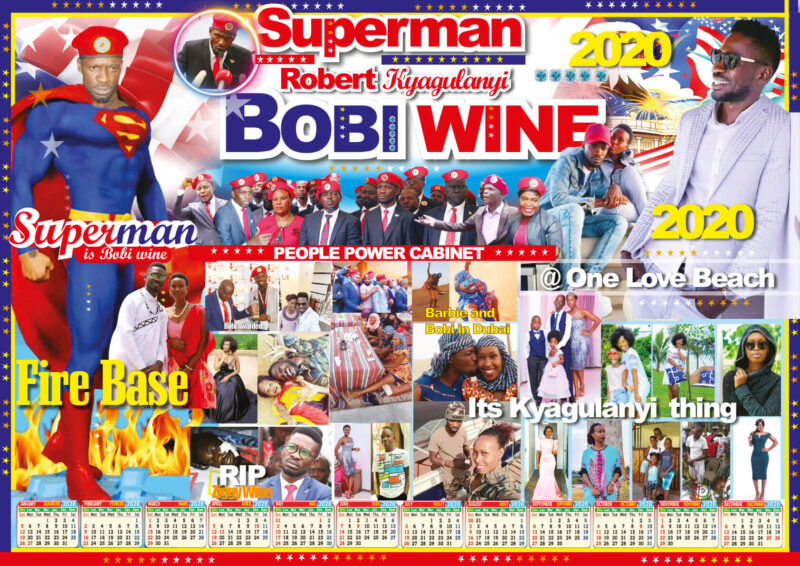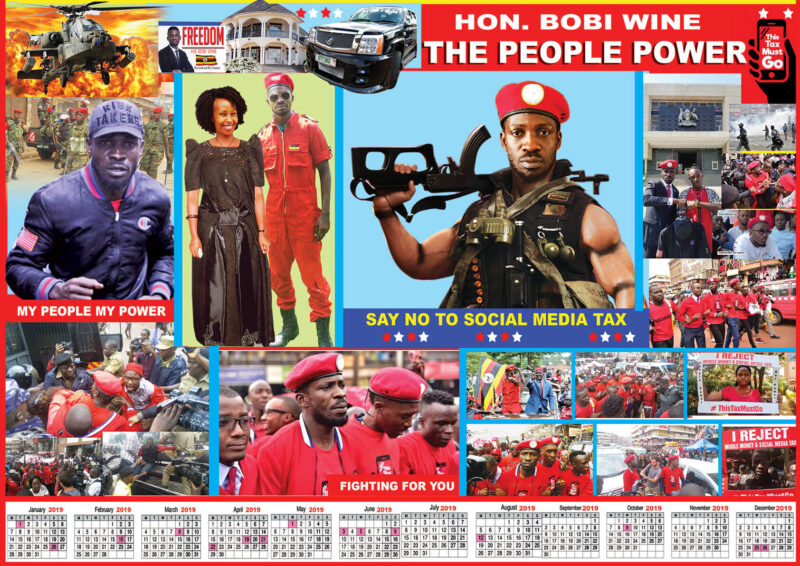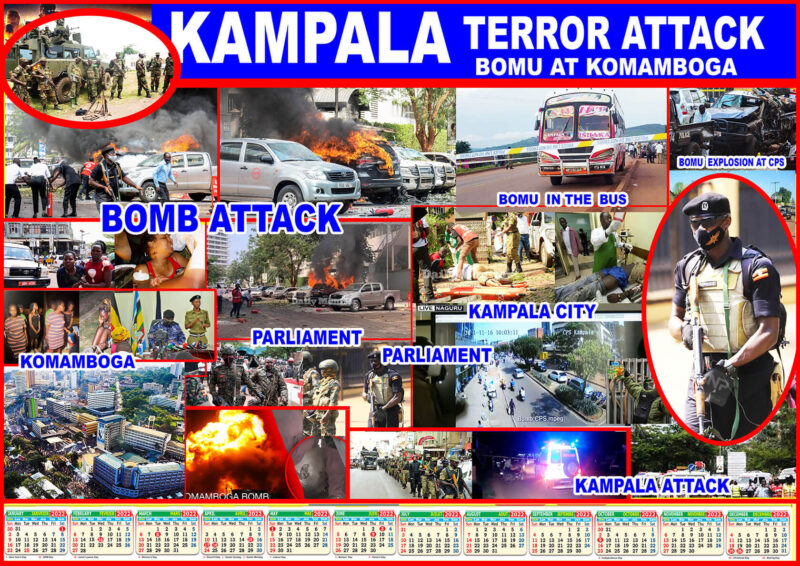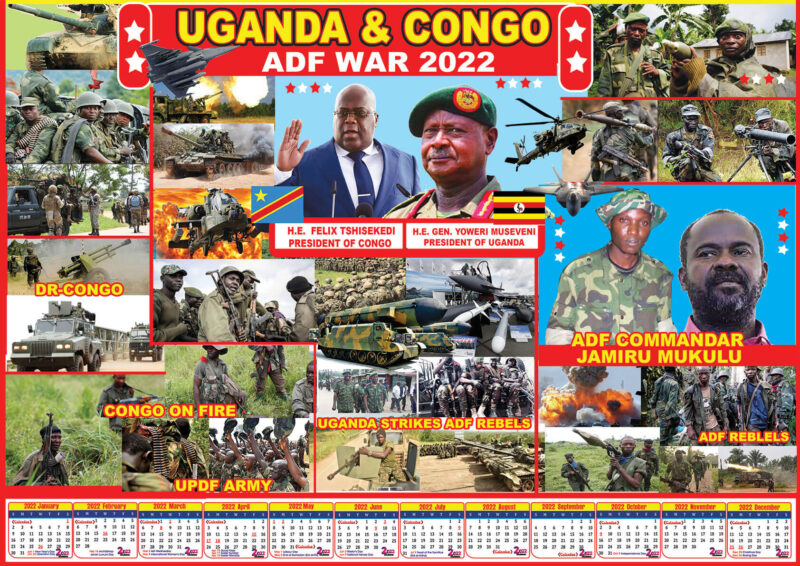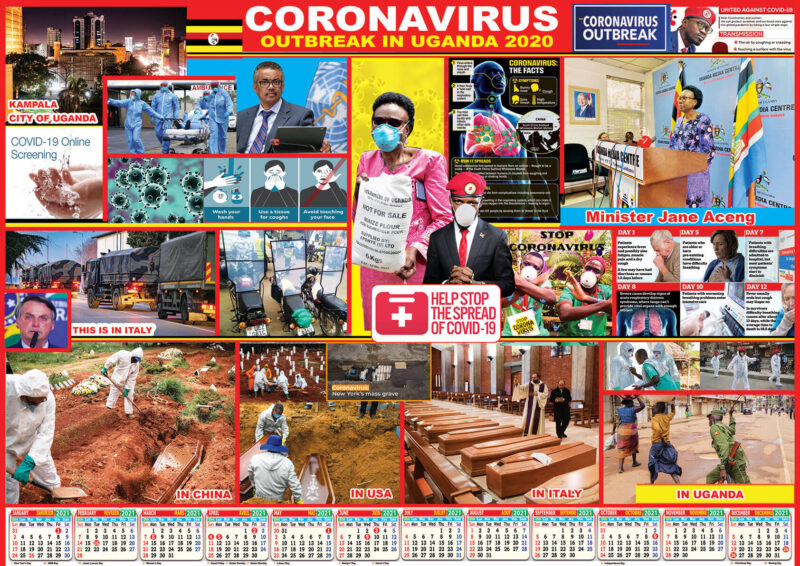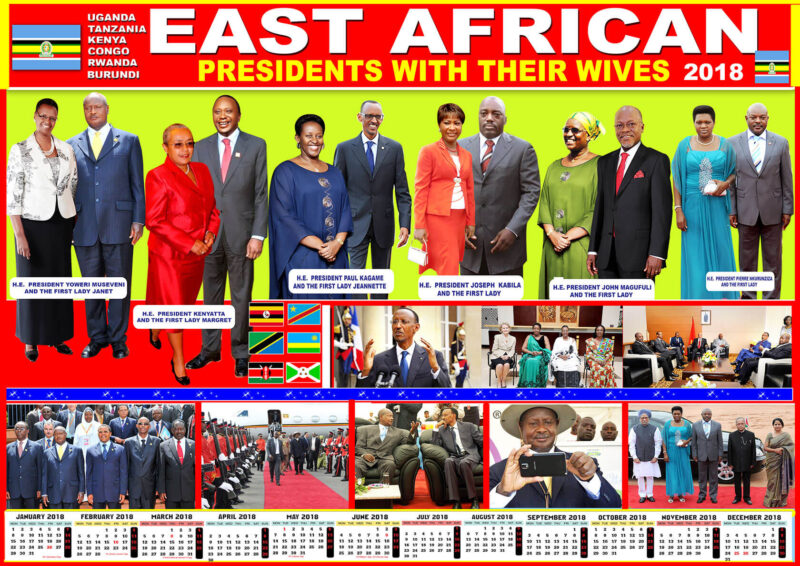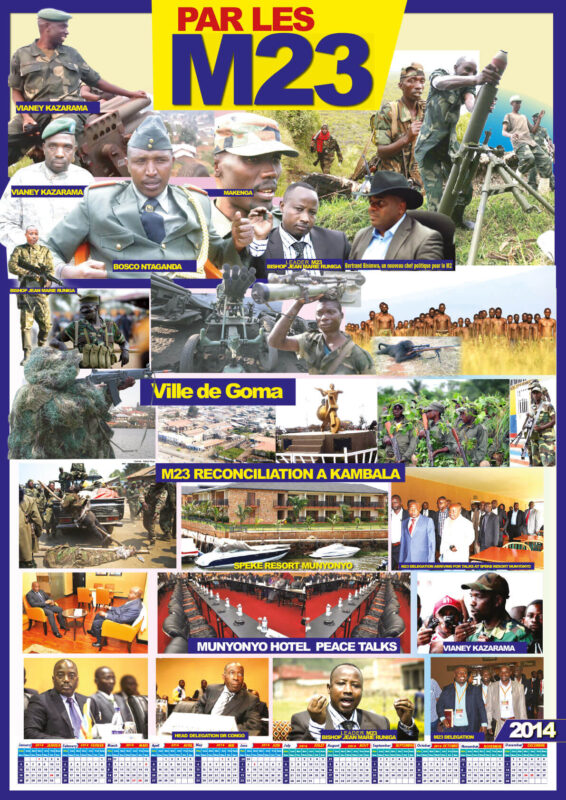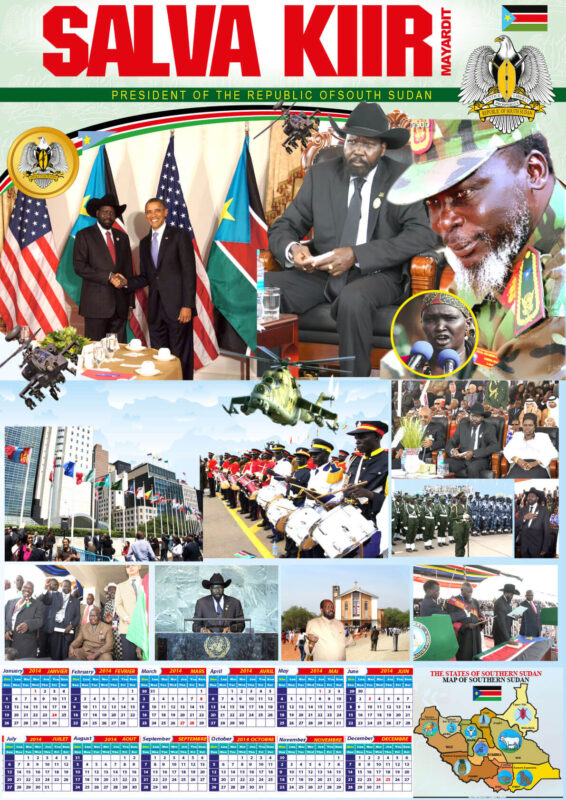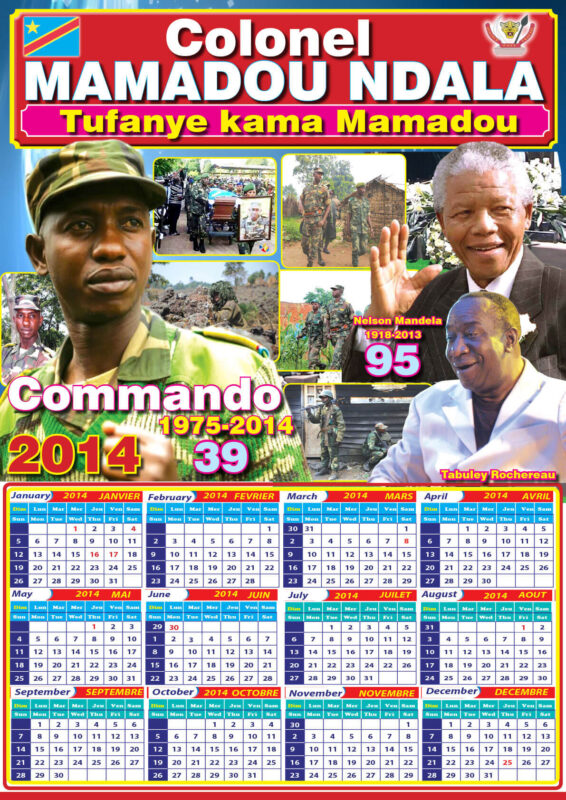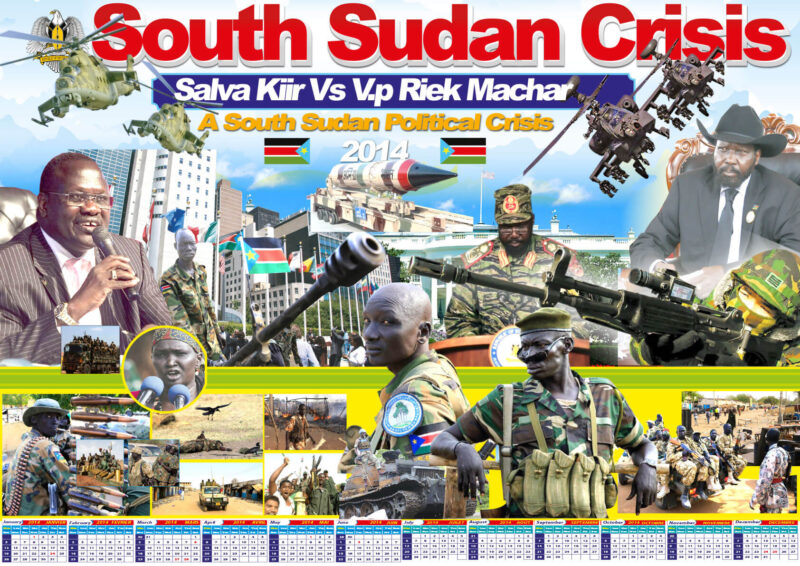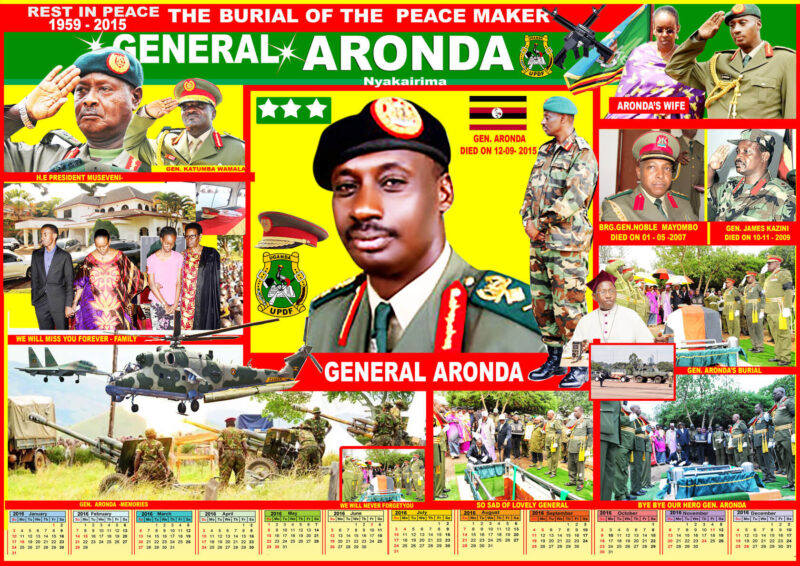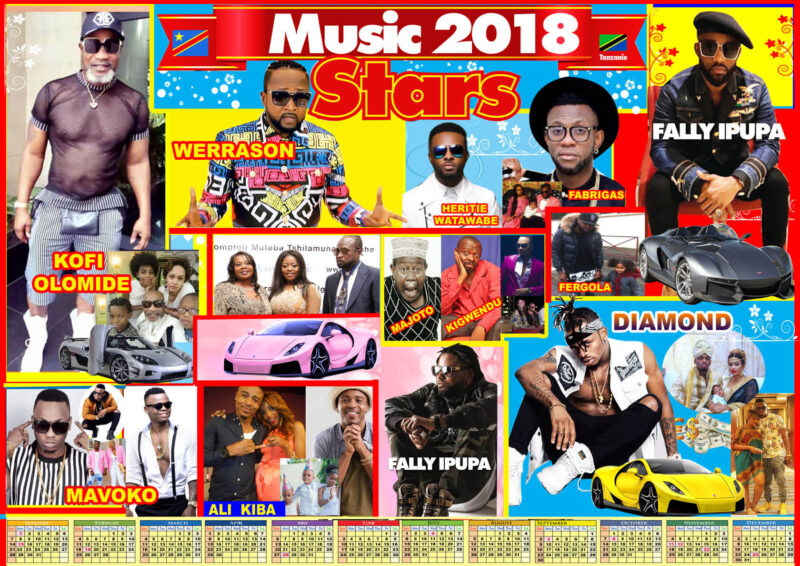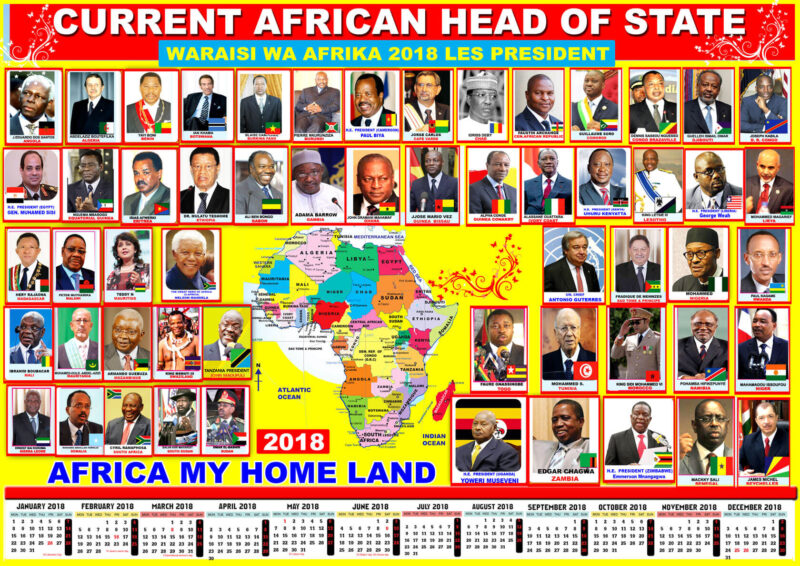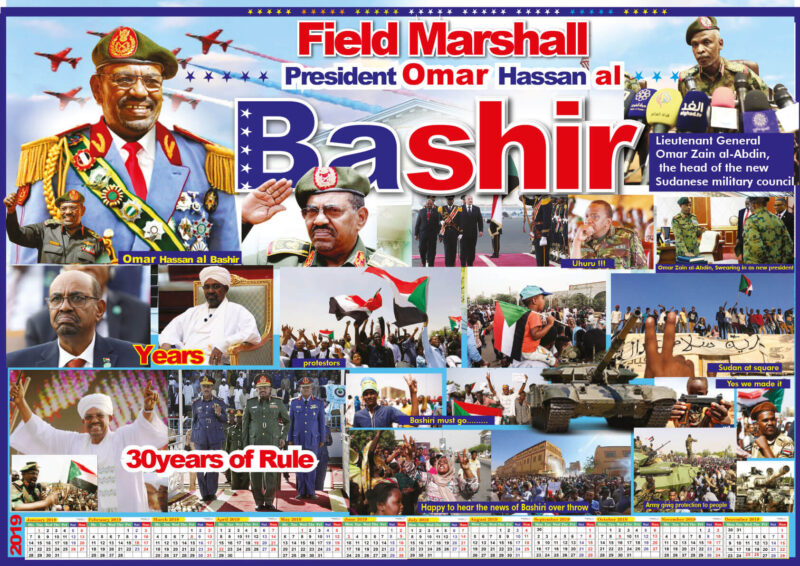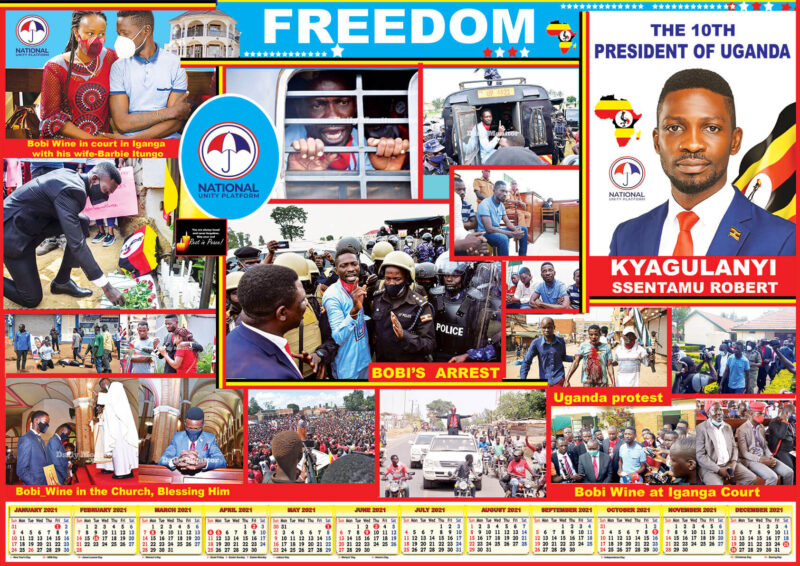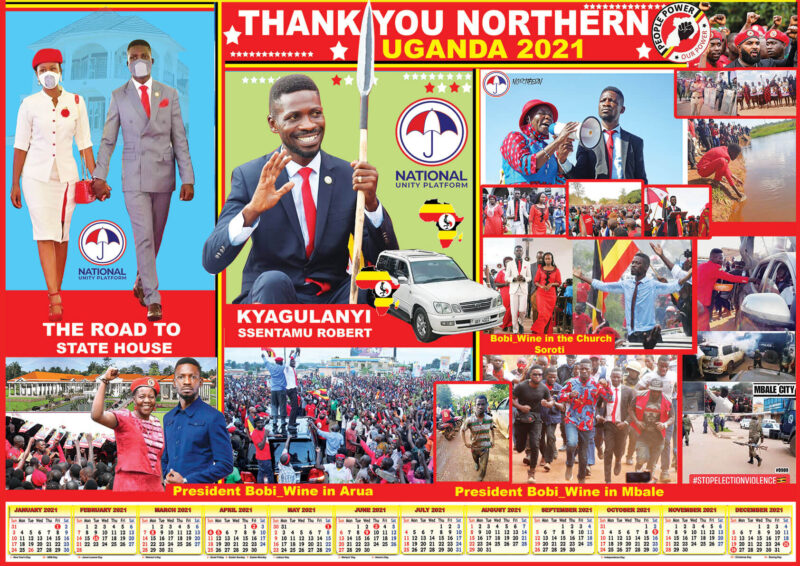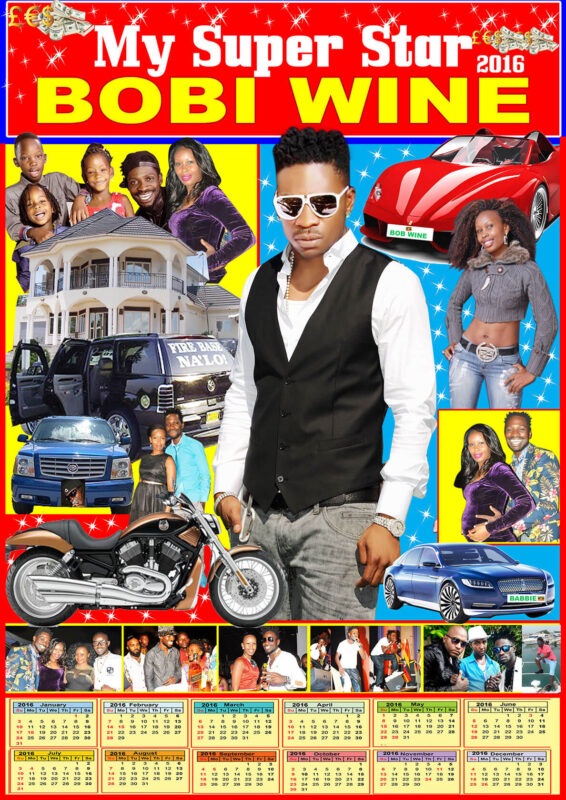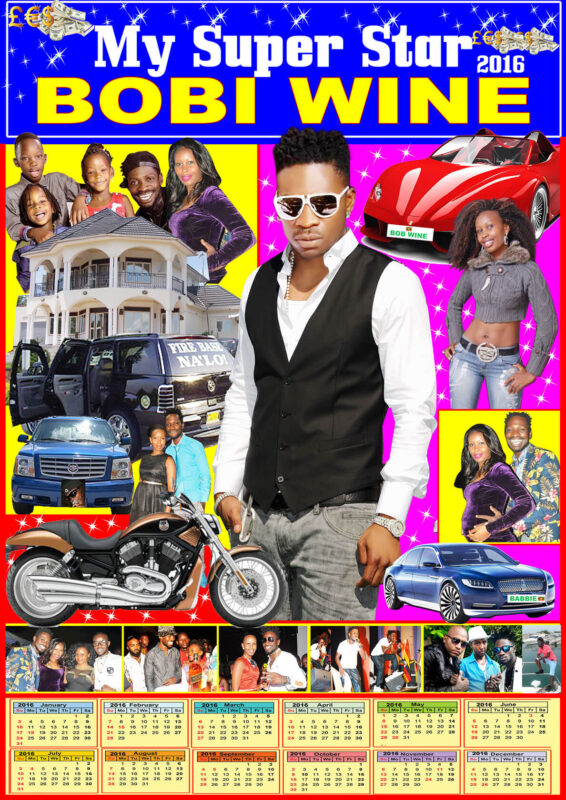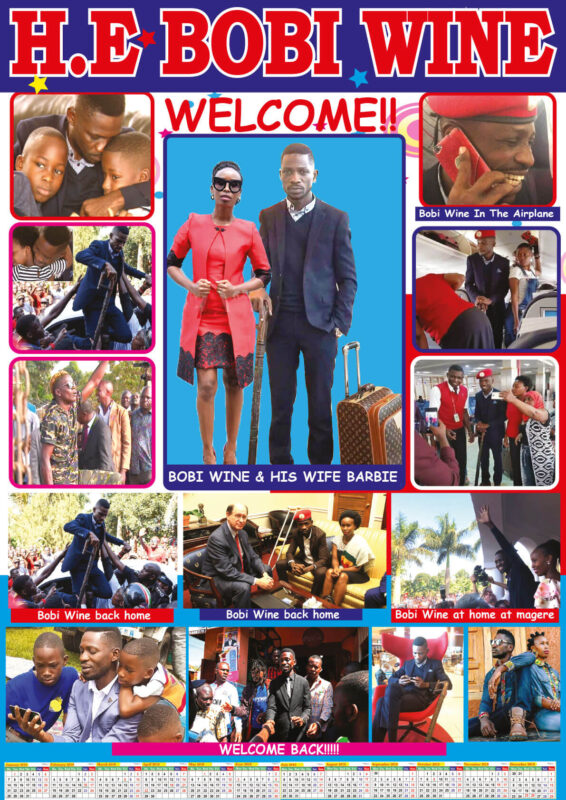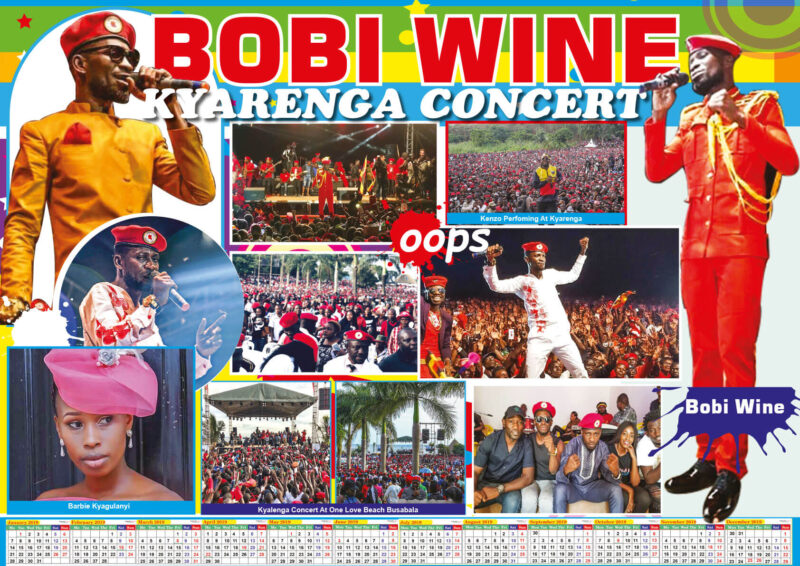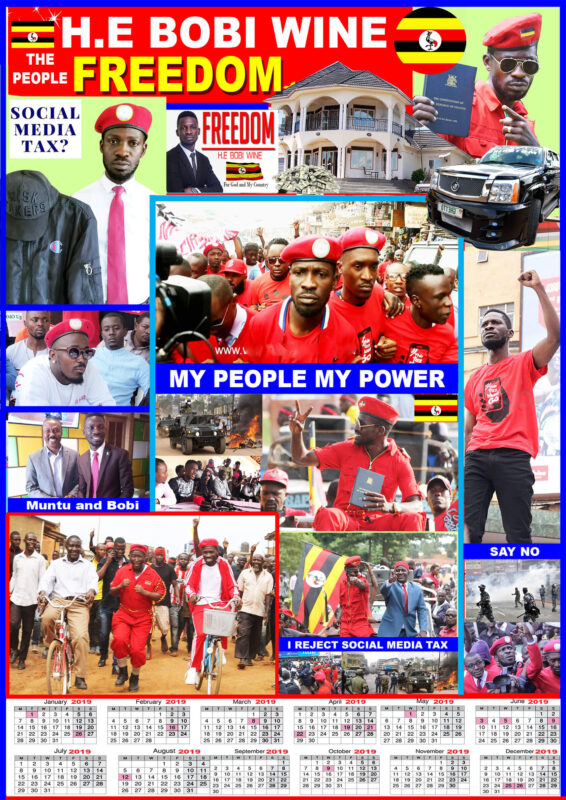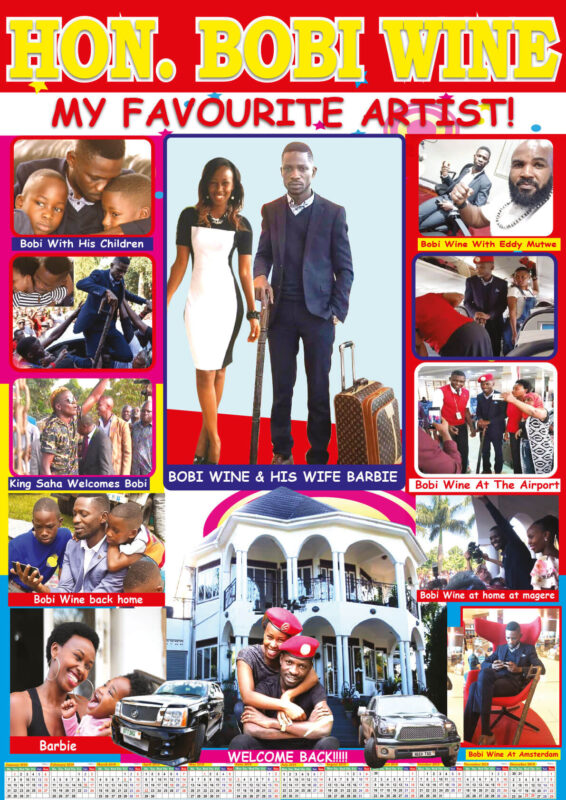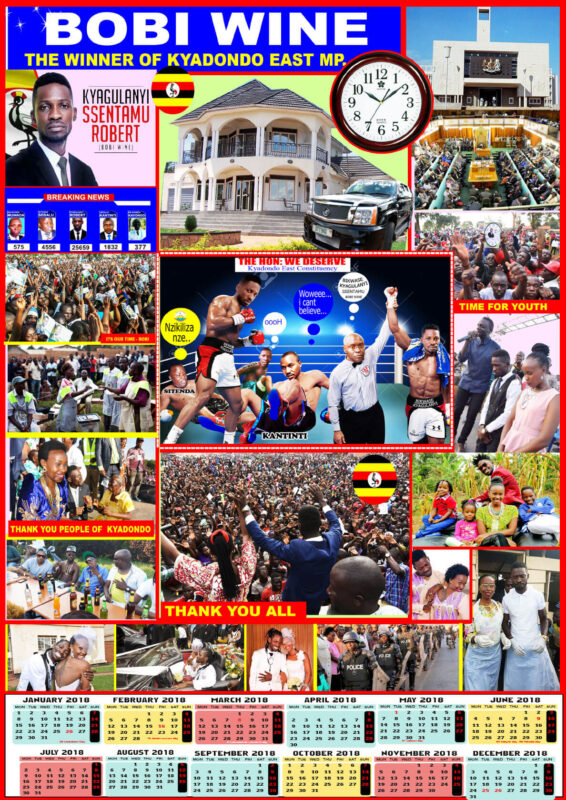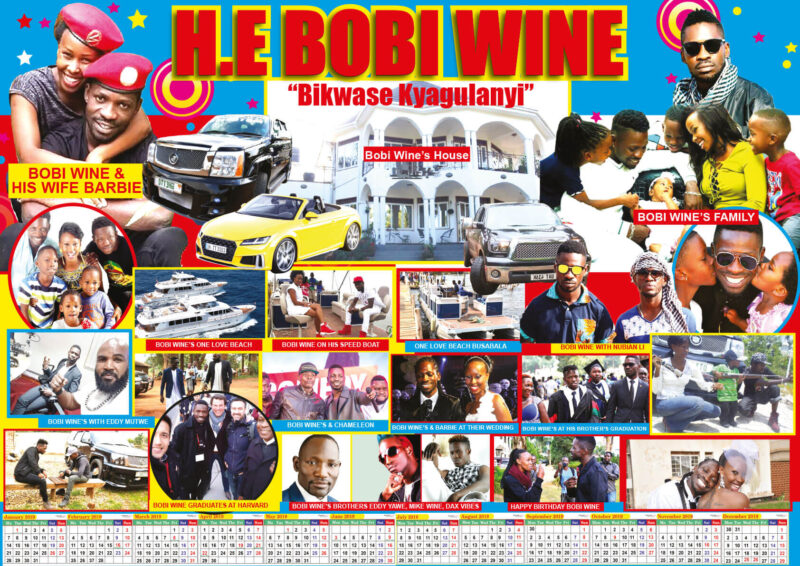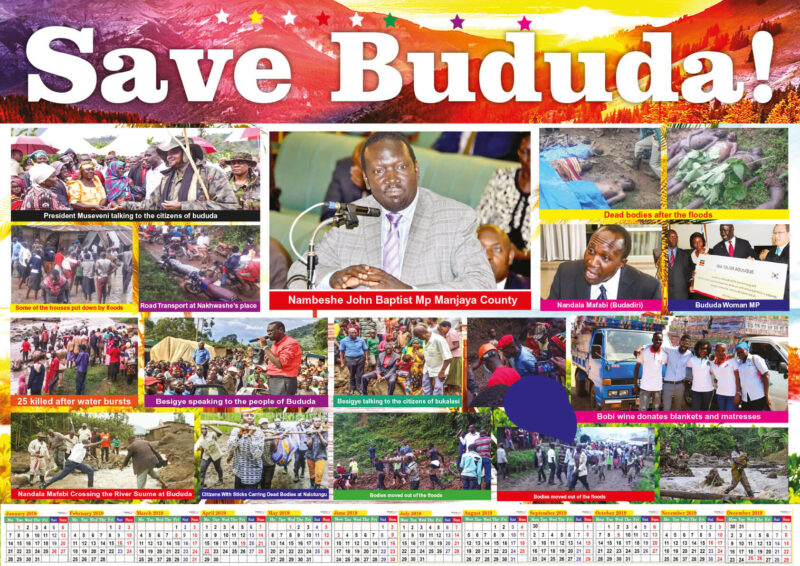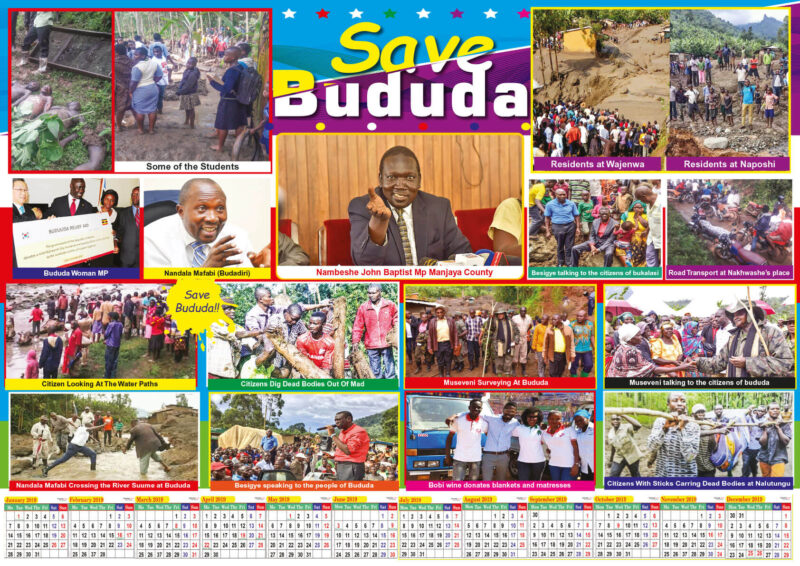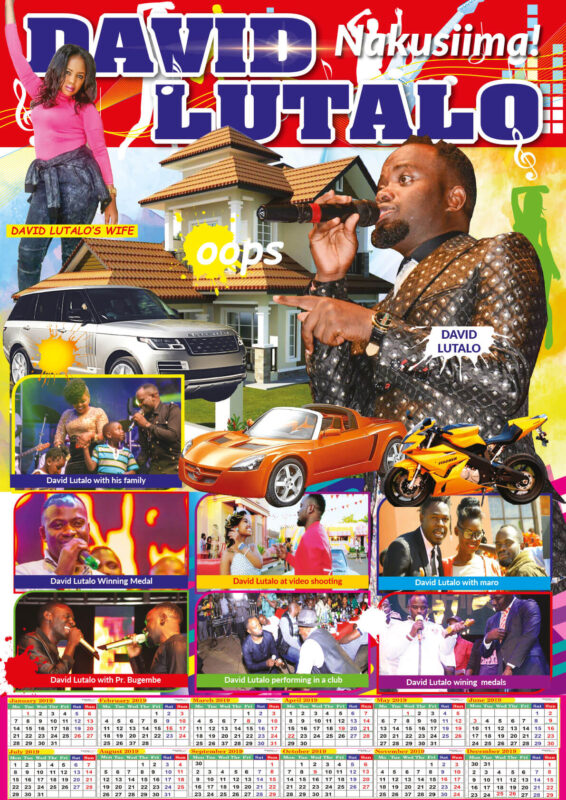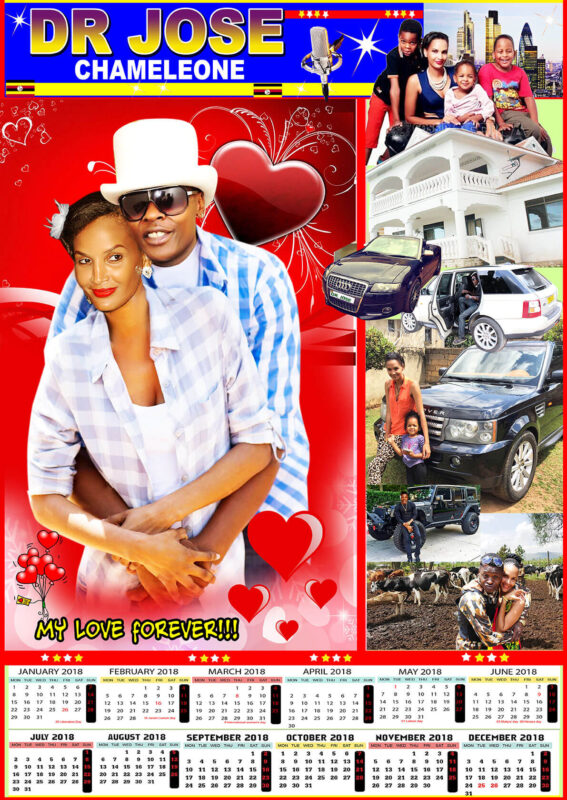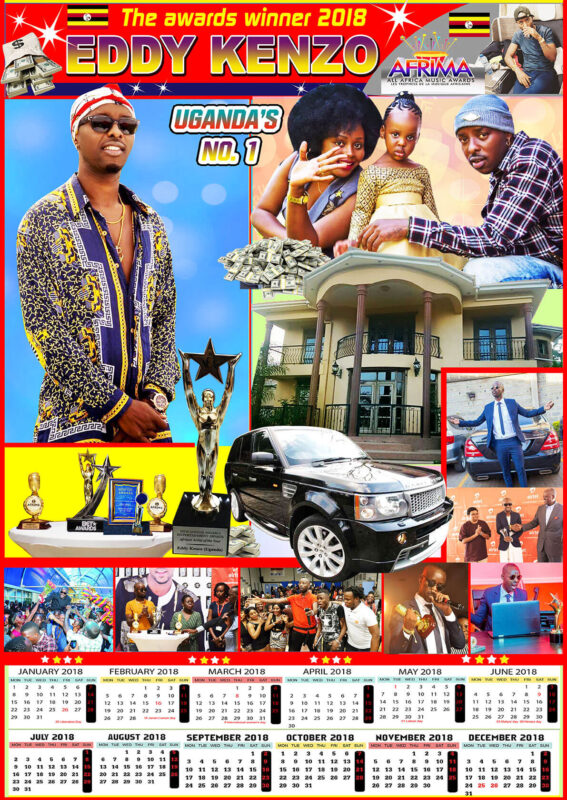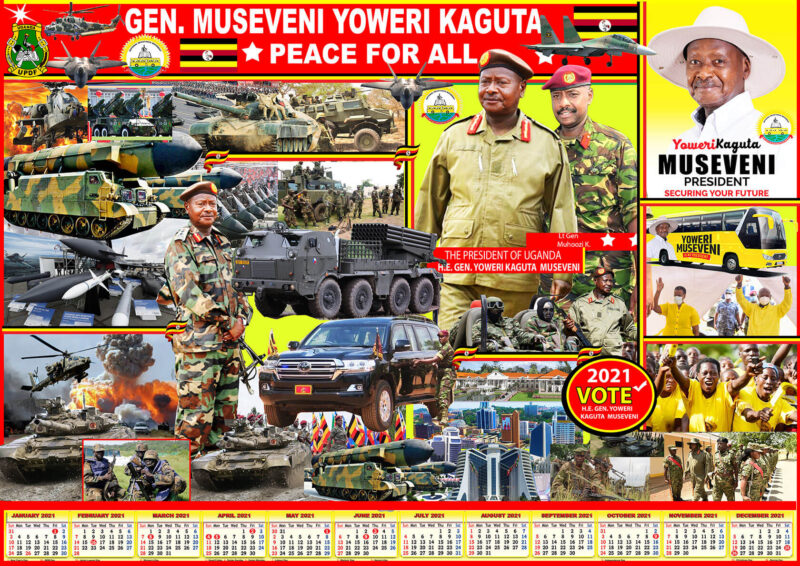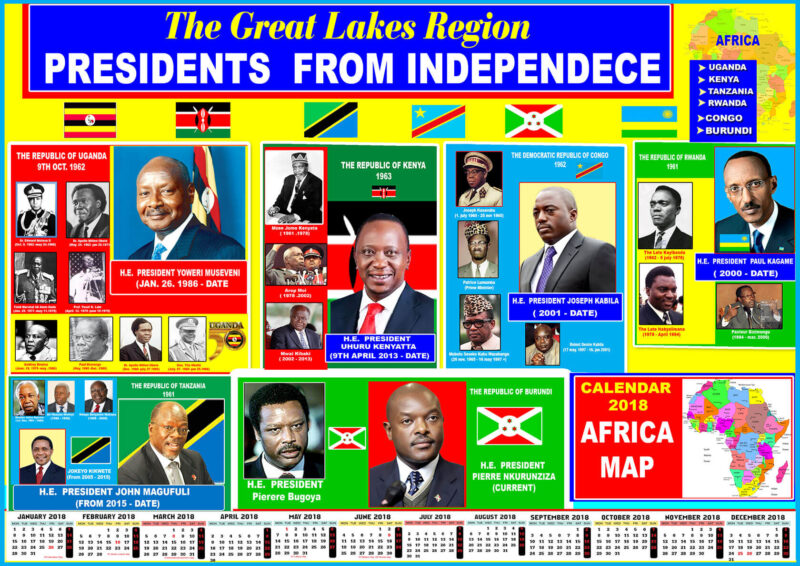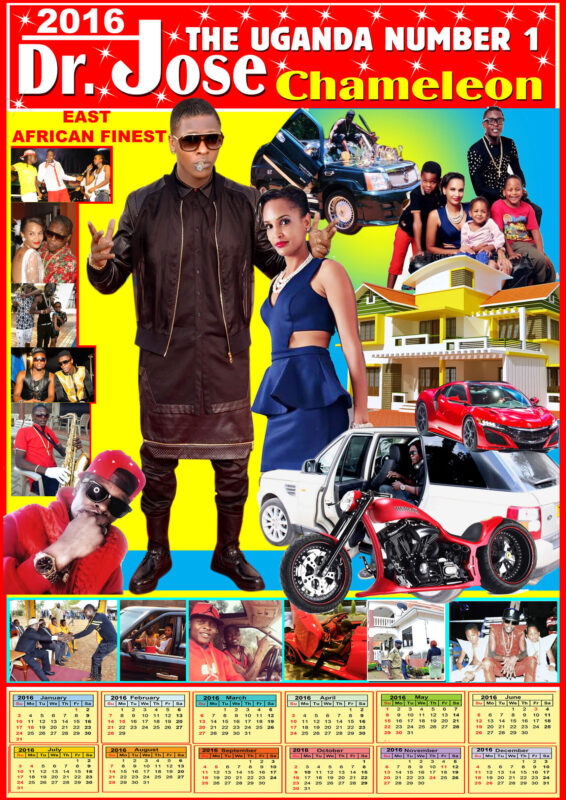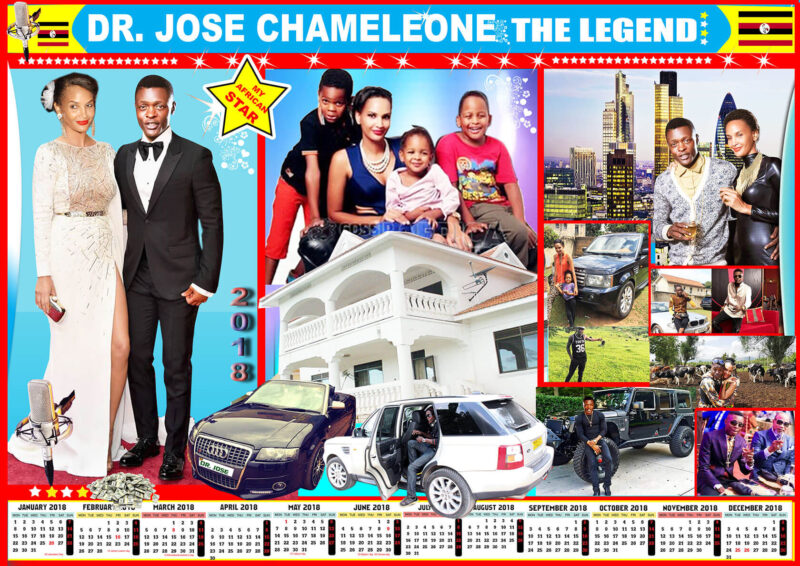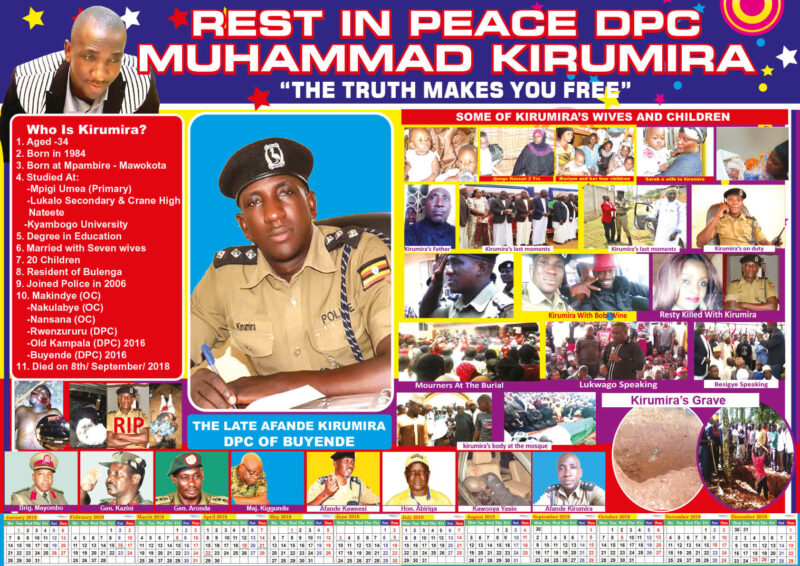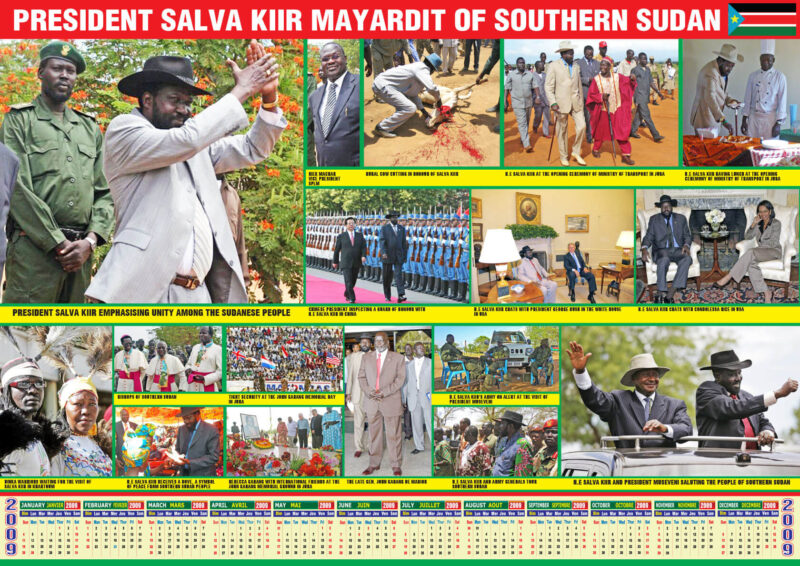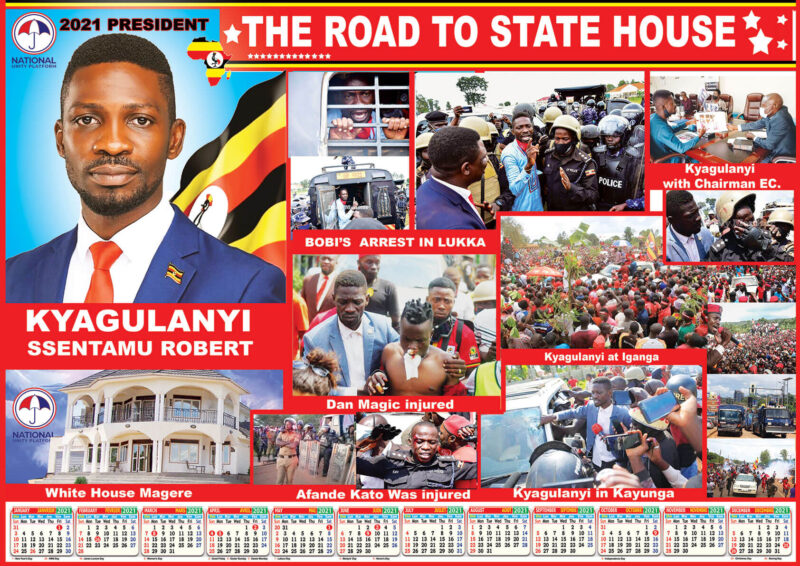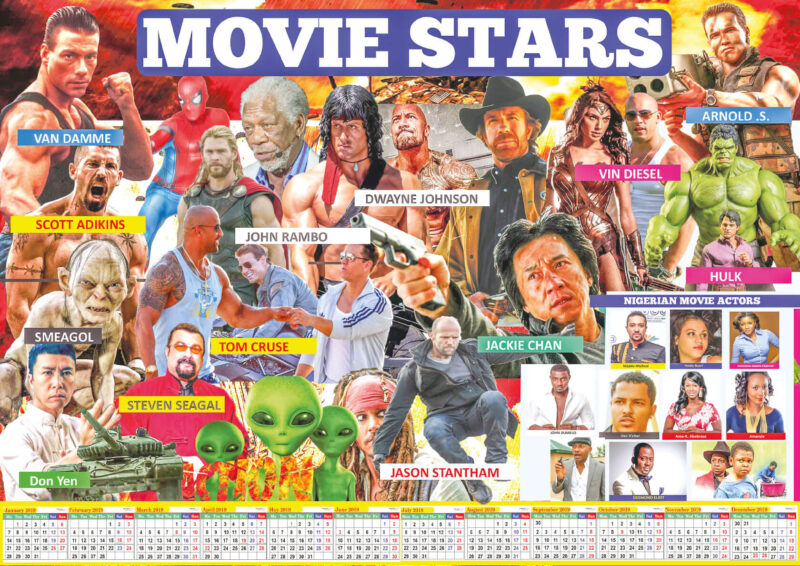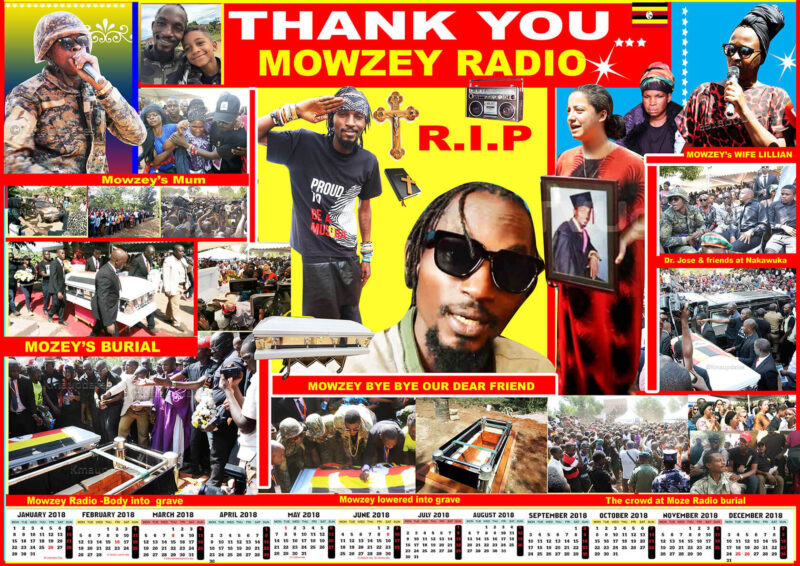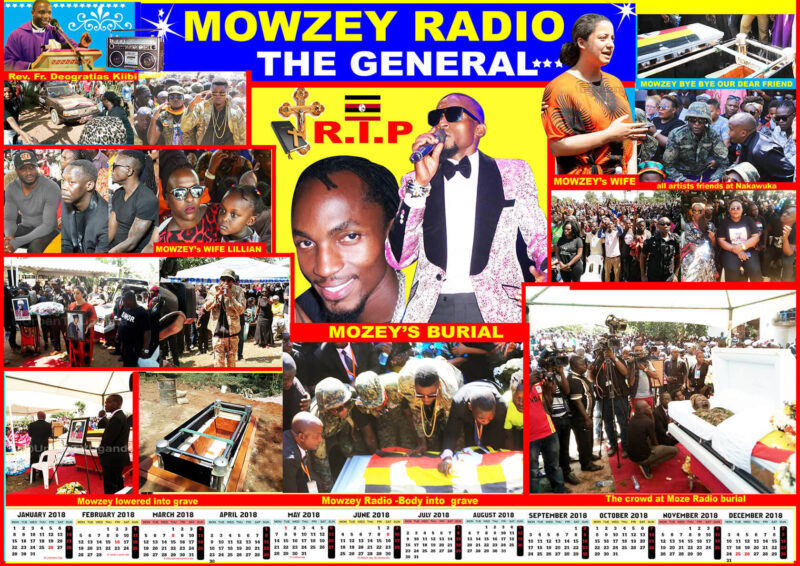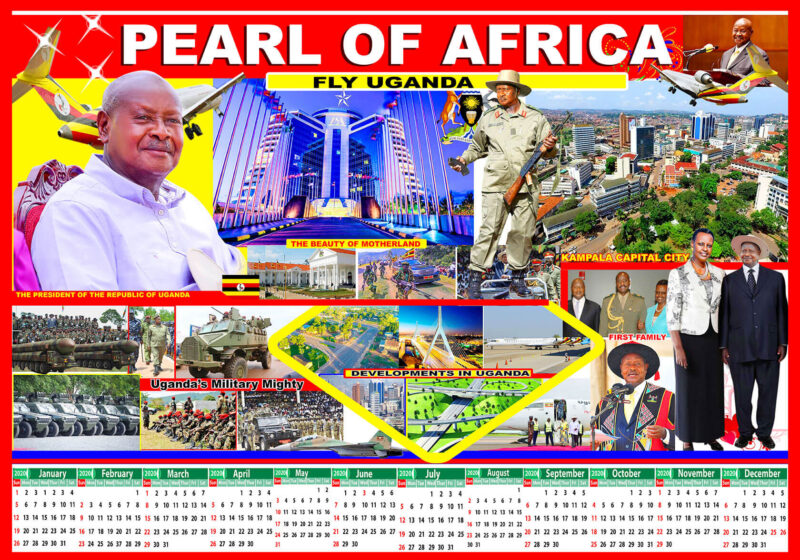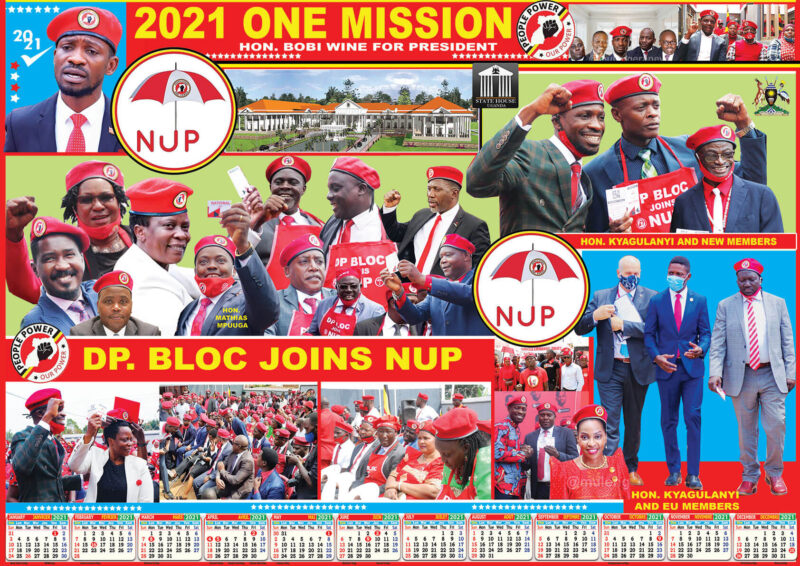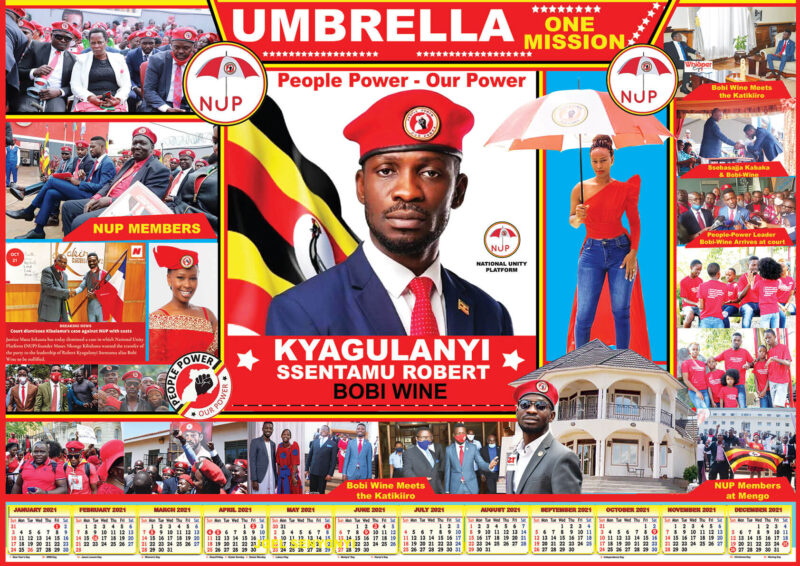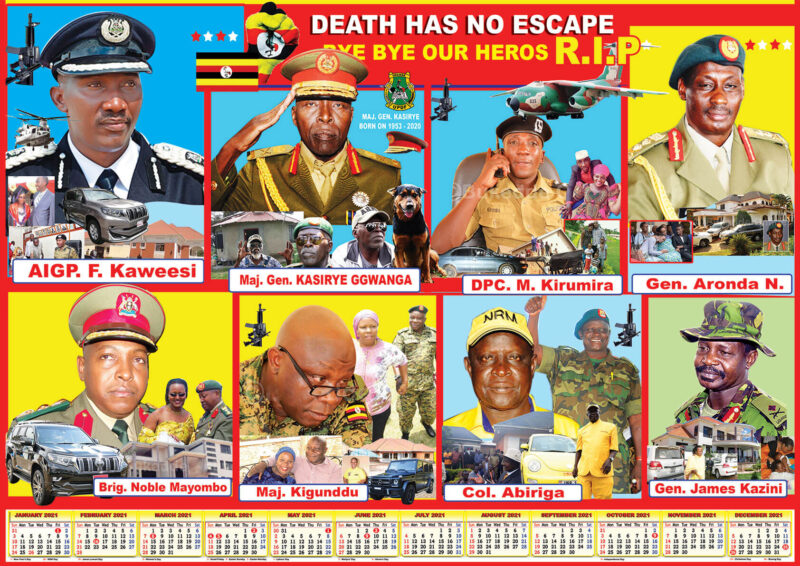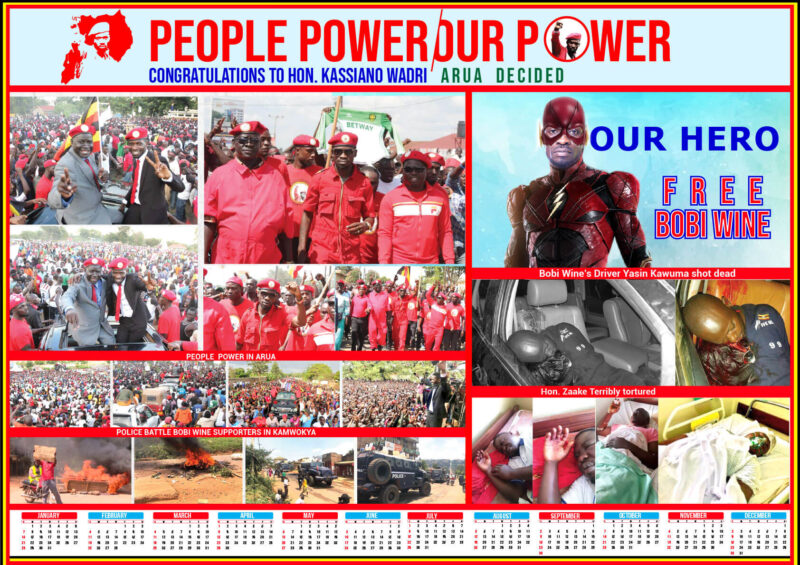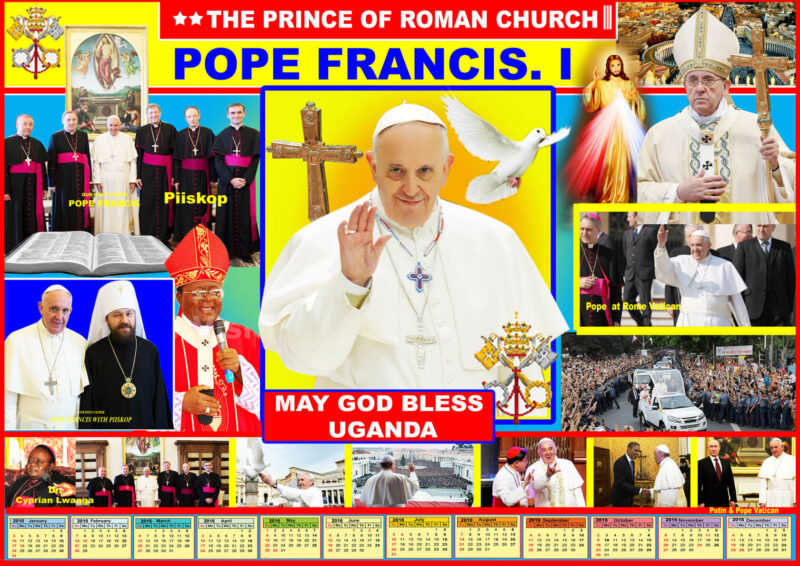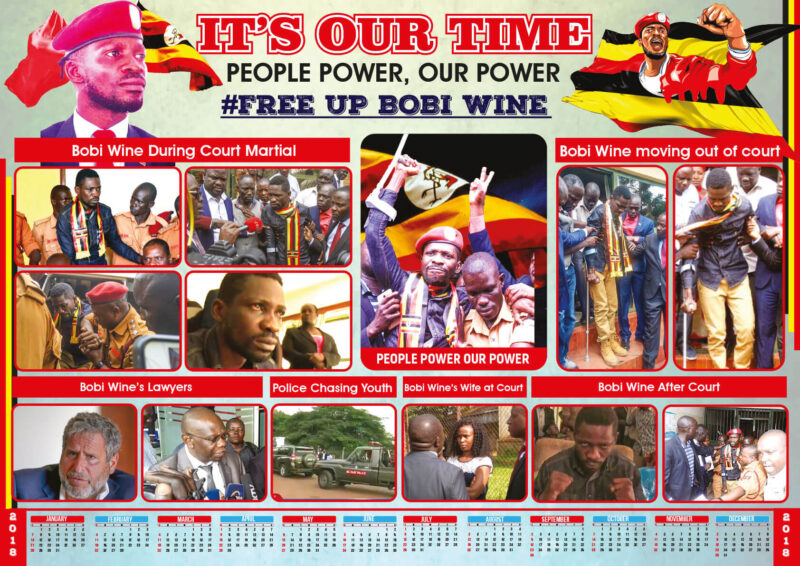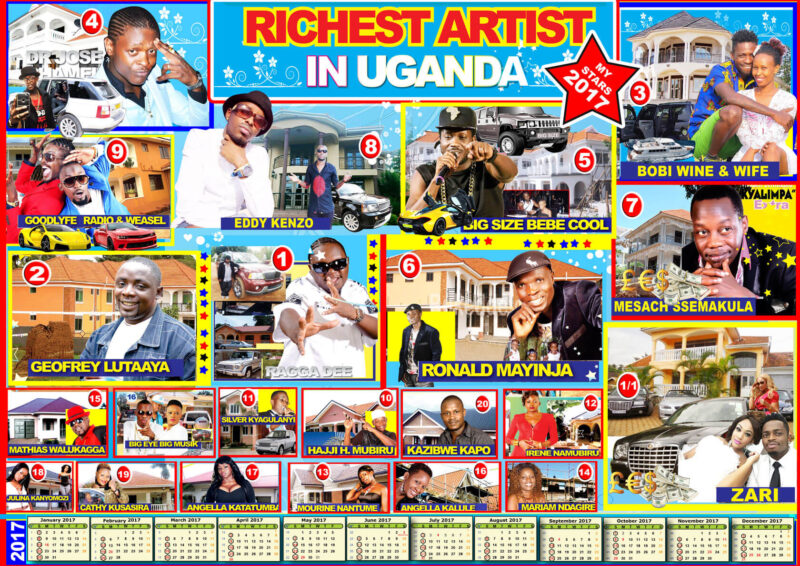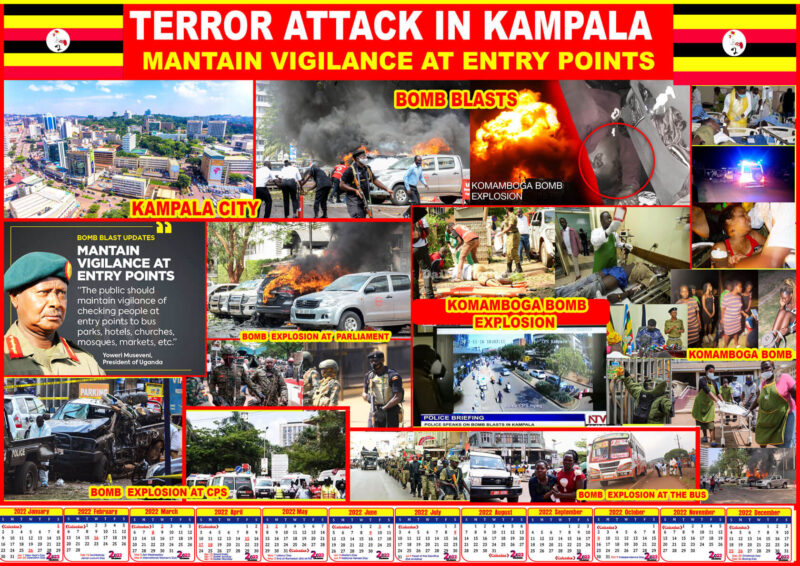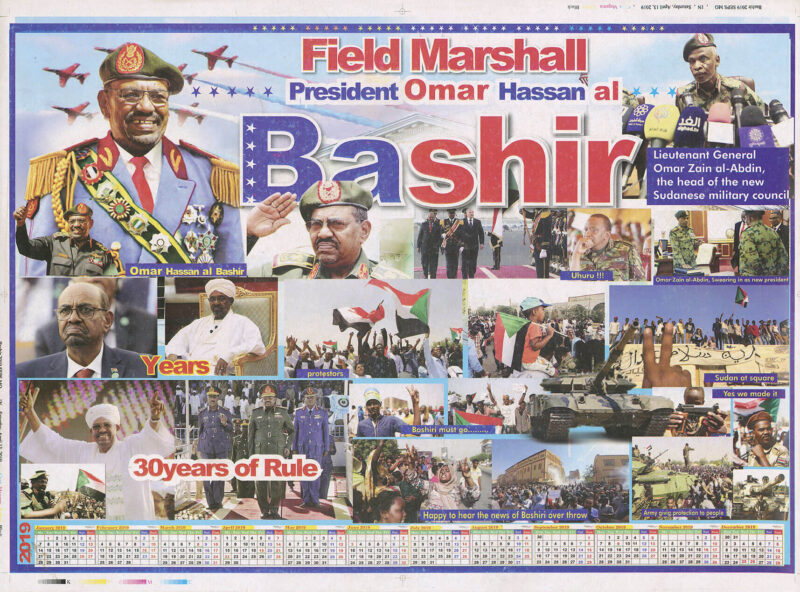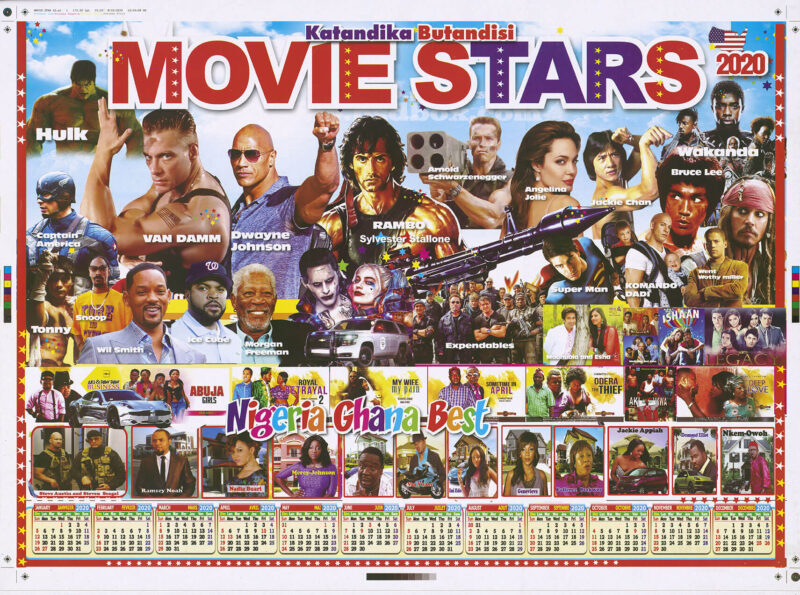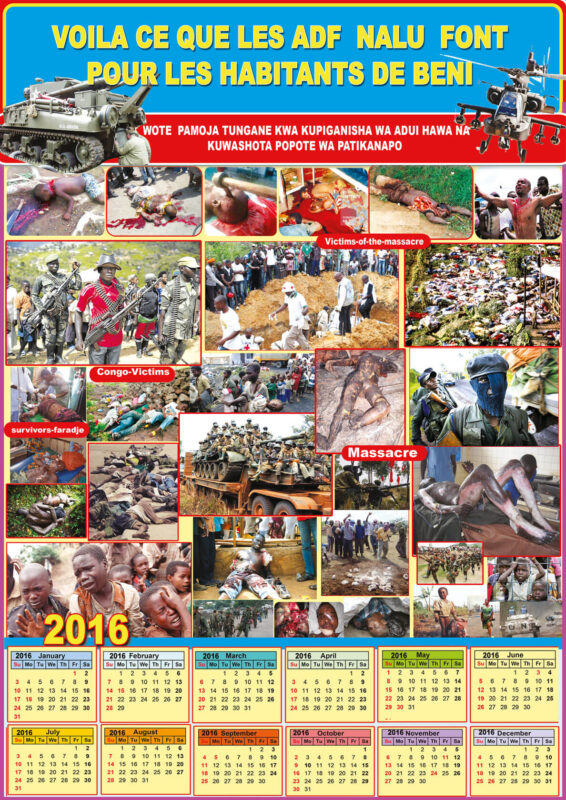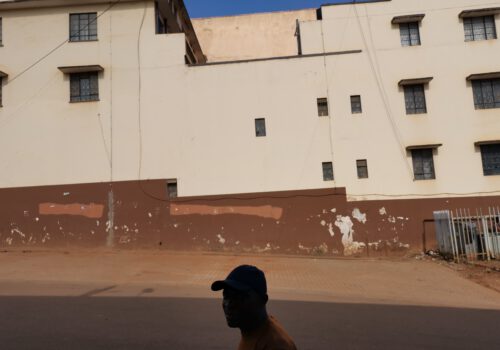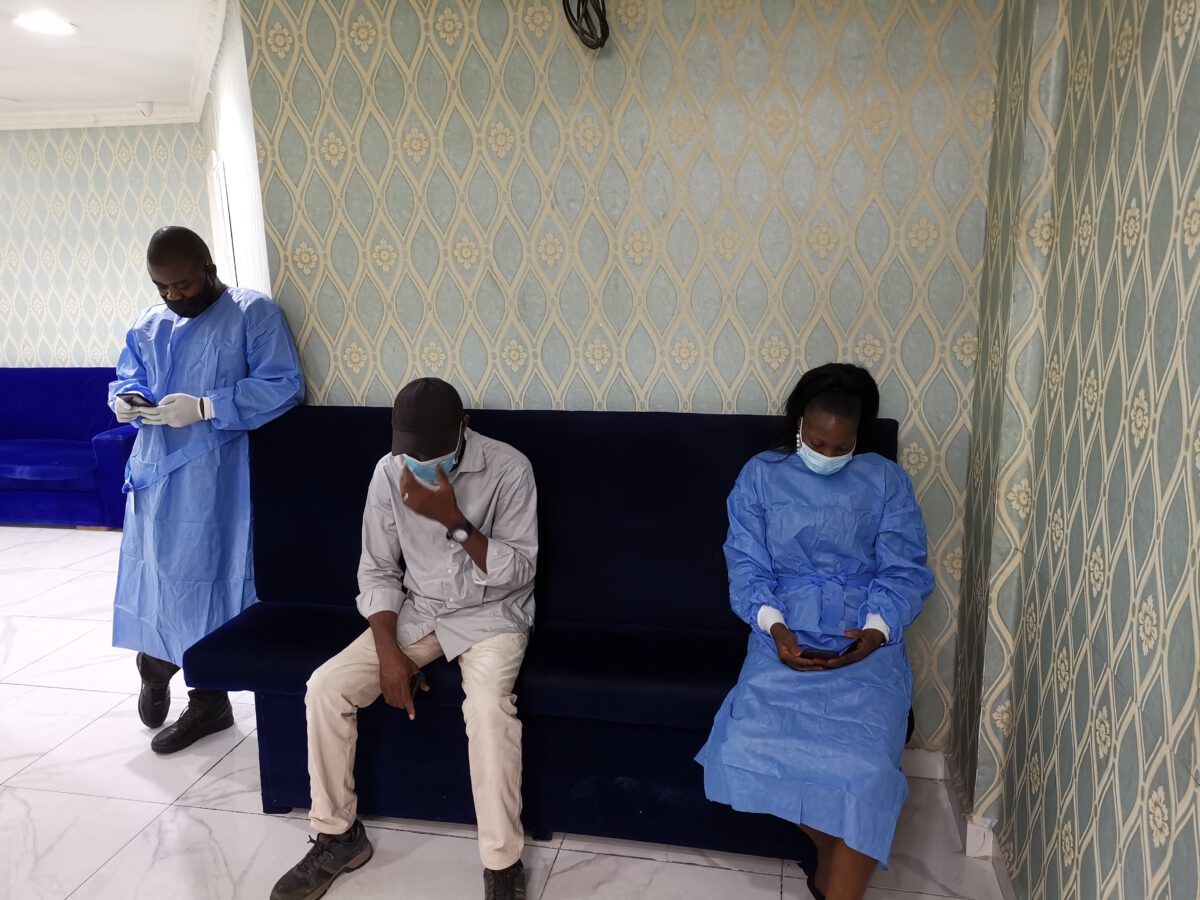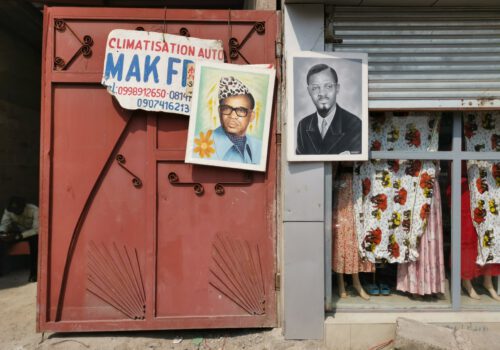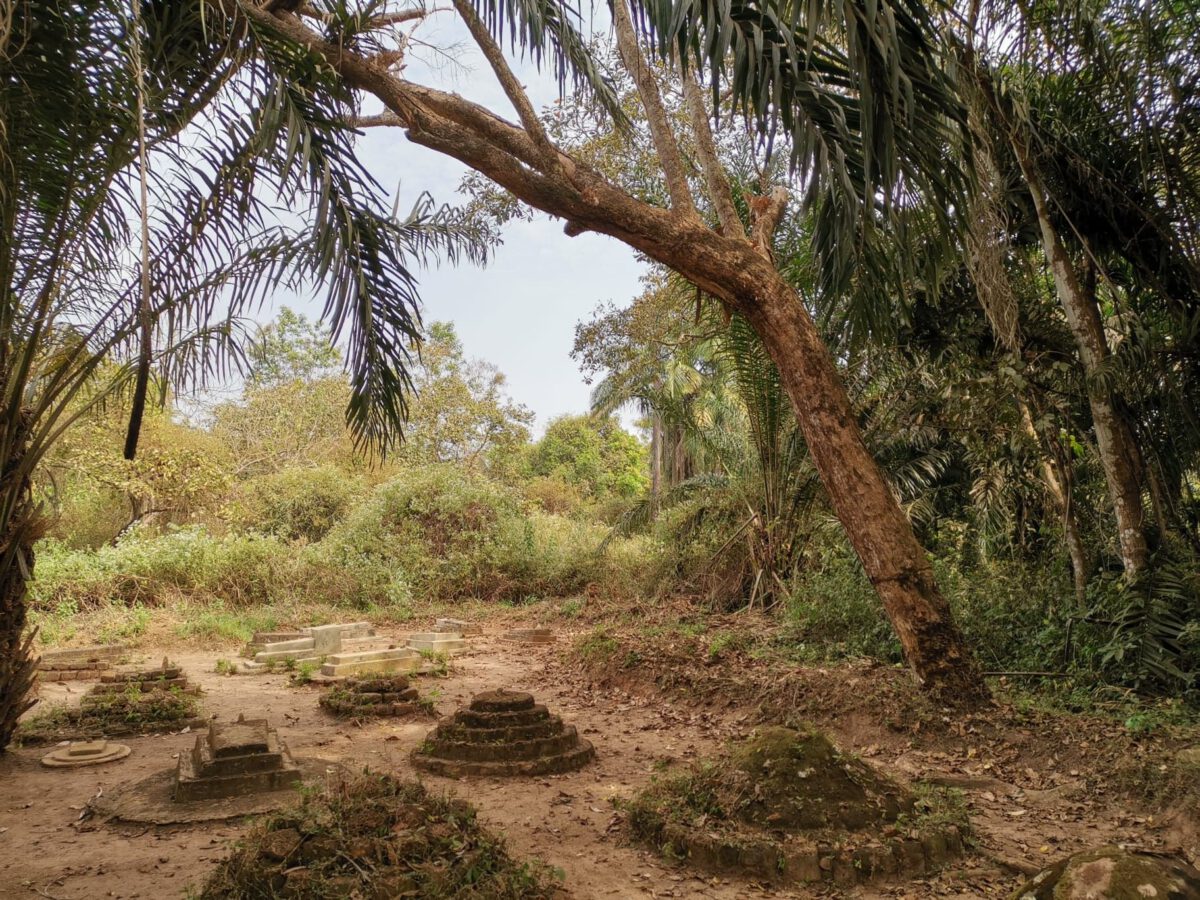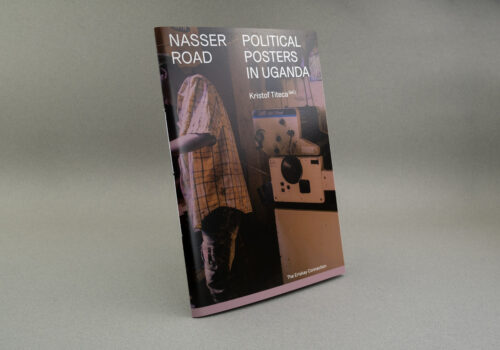
I am a Professor (full professor/Hoogleraar) at the Institute of Development Policy at Antwerp University. My work lies at the intersection of political science, development – and area – studies, and relies heavily on field research.
I’m the author of ‘Nasser Road. Political Posters in Uganda‘ (editor, Eriskay Connection), ‘Rebel Lives. Photographs from inside the Lord’s Resistance Army’ (Hannibal Books/ FOMU), and Negotiating Public Services in the Congo (edited with Tom De Herdt, Zed Books), in addition to articles for academic publications such as African Affairs, International Affairs and many others. I am a regular contributor to a variety of media-platforms, such as The New Humanitarian, Washington Post’s Monkey Cage, African Arguments, Al Jazeera, and many others.
I focus on governance- and conflict- dynamics in Uganda and the Democratic Republic of Congo (DRC). I study the ways in which the state interacts with a range of non-state actors at a variety of scales and with a variety of actors: rebel groups, international donors, local non-state actors, and so on.
I am fascinated by the use of visual material, both as a research method, as a way to make academic output available to a broader audience, and for its aesthetic value in itself. My books ‘Nasser Road’, and the book & exhibition Rebel Lives – in collaboration with Georges Senga, Rein Deslé and others – is an important example.
I obtained my PhD at the Conflict Research Group, Ghent University, in 2007. I was a visiting fellow at the London School of Economics (LSE) in 2013-2014, at the Department of International Development. I have worked, and continue to work, closely with a number of Universities in the DRC and Uganda, through VLIR-UOS partnerships.
I regularly engage with policy, in a number of ways. I for example was an expert witness at the International Criminal Court for the case of ex-LRA commander Dominic Ongwen; or my spotlight briefing for the UNDP Borderlands Centre, where I wrote about informal cross-border trade along the Uganda-DRC border.
I live with my family in Antwerp, and spend a lot of time on Antwerp’s playgrounds with our three kids. I’m fascinated with photography (I studied photography at the Luca School of Arts, Ghent, 2003-2007). Have a look at this website to see some of my own work.
Contact: Kristof.titeca (at) uantwerp.be
You can follow me on Twitter, Researchgate, Academia or Instagram. (but please reach out via email, rather than through messaging on these platforms).
News
I’m closely following the dynamics around the anti-LGBTQ law in Uganda, and have written a range of pieces on this subject, such as:
- A series on the foreign influences behind the law in Uganda for Democracy in Africa, looking at the role of the US Christian right, Russia, and foreign donors. The series has been translated in French for Afrique XII.
- A piece on the geopolitics of the law for African Arguments
- A piece on the ambiguity of Western reaction for De Volkskrant and Zam magazine.
- Een aantal stukken over het thema voor De Standaard, bv deze over de geopolitiek van anti-lgbti wetgevingen in Afrika.
I’ve written a number of pieces on the M23 conflict, here’s one on the role of Uganda in Eastern DRC, and in relation with M23.
New on Nasser Road: book and exhibition
The Kunsthal in Rotterdam currently has an exhibition on show, based on my book, entitled ‘Robocop in Uganda. Political Posters as Resistance’. It opened on the 20th of April, and is on show until the 1st of September. It features the posters, as well as images of Badru Katumba, Zahara Abdul and myself; and a video interview with Yusuf Serunkuma. The exhibition received a 4-star review in NRC. An interview with NPO on the exhibition can be listened here.
A second edition of the Nasser Road book was printed in Nasser Road itself. It is available in Uganda (at the Uganda Museum and with Mahiri books), and worldwide.
A book presentation in Kampala took place in October 2023, in collaboration with Fotea and the Uganda Press Photo Awards (UPPA).
Awards:
- Nominated for the 2023 Aperture Paris Photo First Book Award
- Shortlisted for the 2023 ‘author book award’ of the Arles Rencontres de la Photography.
- Price best Dutch Book Design 2023.
- Shortlisted for ‘Best book design from all over the world‘ from Stifting Buchkunst (Germany)
- Shortlisted for photobook of the year, category ‘research’, for PhotoEspana.
Press:
- British Journal of Photography
- Le Monde Diplomatique
- Trigger
- Africa As a Country
- Review of African Political Economy
- MO Magazine
- Afrique XXI
- Belgian Platform for Photobooks
- Protest in the Photobook
- GEO Magazine
- NRC
- De Standaard
- De Groene Amsterdammer
- Breedbeeld
- Metropolis M (June 2024 print issue)
- Radio-interviews: Pompidou/Klara; NPO De NieuwsBV
Reviews:
“The material choices add a clever touch to an already fantastic book. The cardstock used throughout the book structures and presents the content perfectly, creating a uniquely supportive platform for Titeca’s research.” (Alex Lin)
“Nasser Road is exciting in both its content and presentation. The photobook is a deep dive into the layers that underlie a complex social phenomenon, its archive of bright posters providing an entry point into a range of cultural issues. It’s also an engaging example of extending the definitional boundaries of the photobook to include printed photographic ephemera, where photography and collage come together in imagery made and circulated for a specific kind of communication.” (Olga Yatskevich)
“For a majority of Ugandans on the street, he continues, these posters, which resonate with the aesthetic deployed by Wakalywood, the local film industry, are above all anti-imperialist symbols that crystallise local frustrations in the name of ‘rejection or resistance to global power structures and hegemonic systems such as colonialism, imperialism and capitalism’.” (Jean-Christophe Servant)
LE MONDE DIPLOMATIQUE (IN FRENCH)
“The flashy calendars, bundled in the book Nasser Road / Political Posters in Uganda, are colourful, graphic and wryly humourous. Here, the very figures that so many see as villains are anti-heroes against Western imperialism. The calendars are not an endorsement of violent actions, says compiler Kristof Titeca, but an outlet for frustrations about unfair power relations in the world.” (Rosa Luna van Crevel)
AMNESTY INTERNATIONAL (IN DUTCH)
“I find this book a treasure trove of awe-inspiring images and a confrontation with the limits of my own political and aesthetic imagination. While reading, I am constantly challenged to reconsider my assumptions about propaganda and the power of images.”








